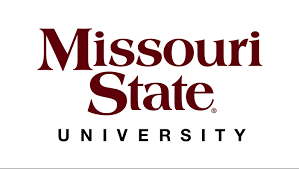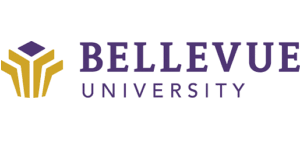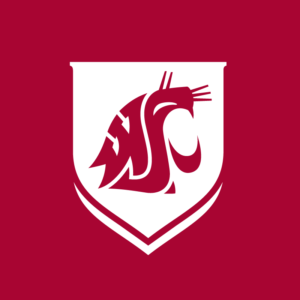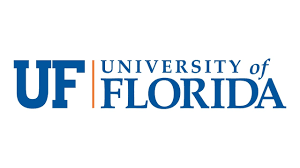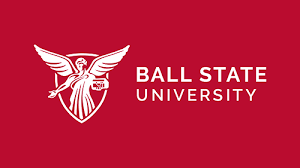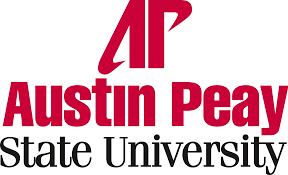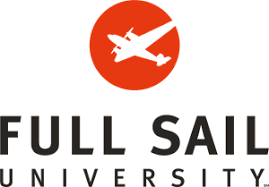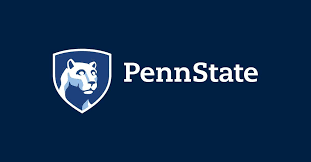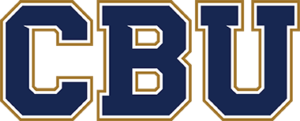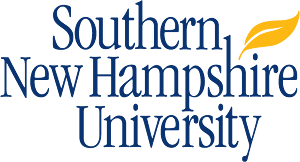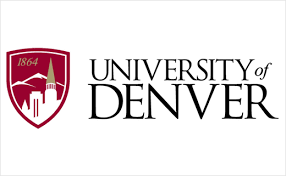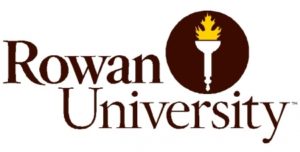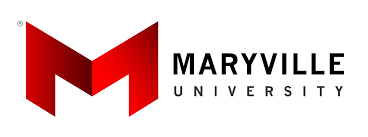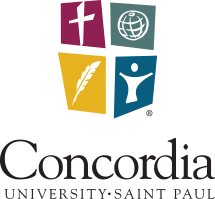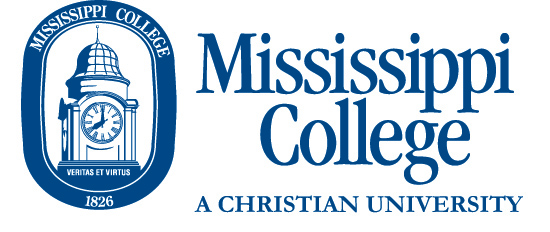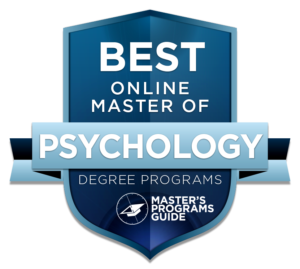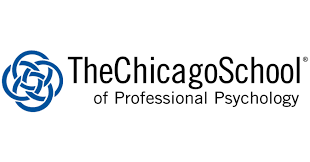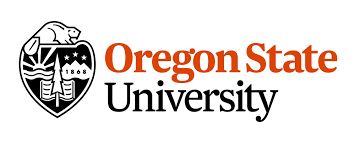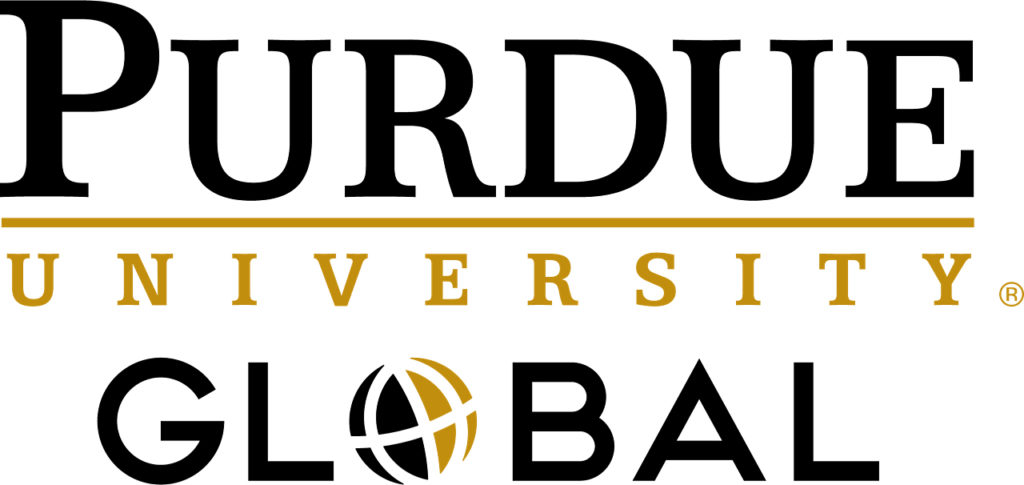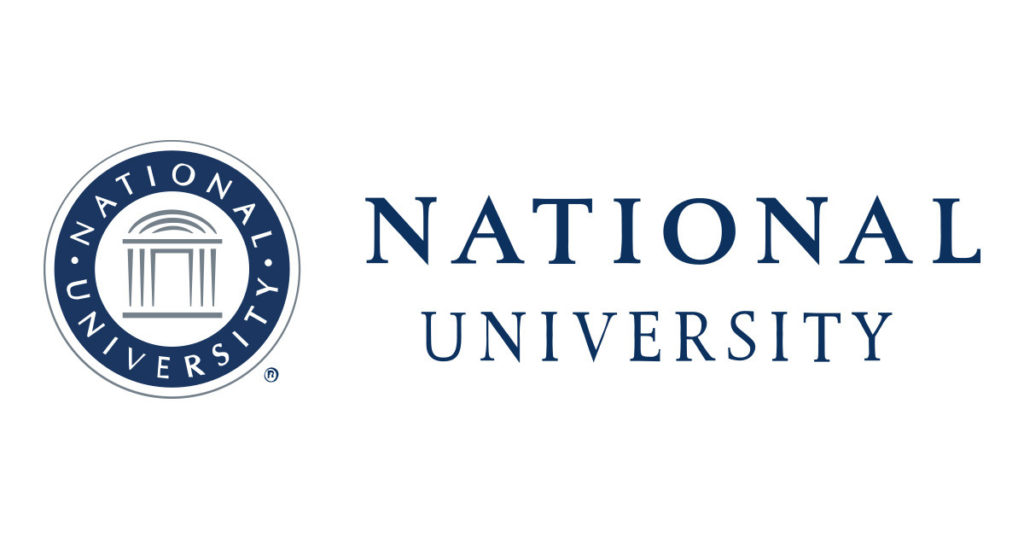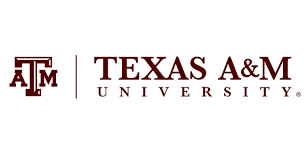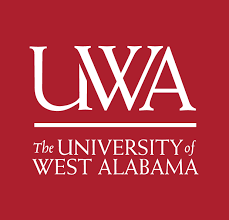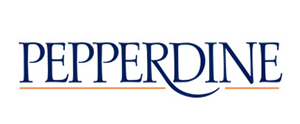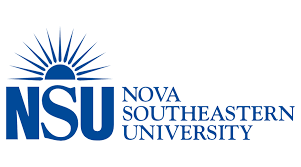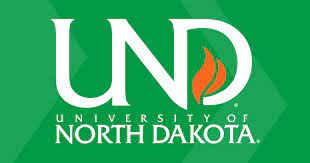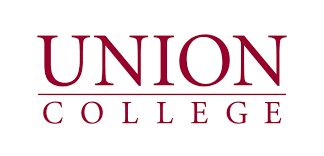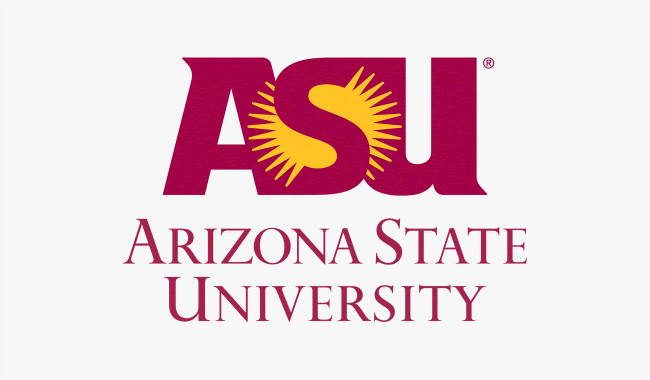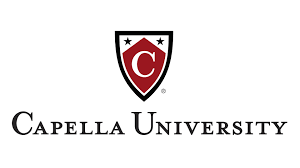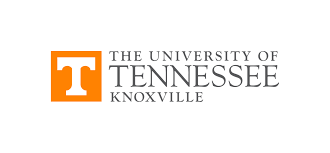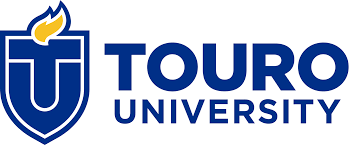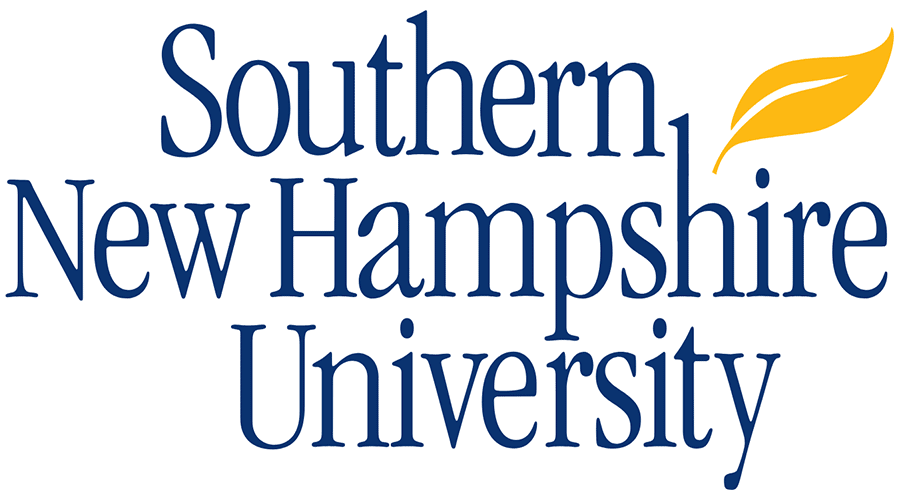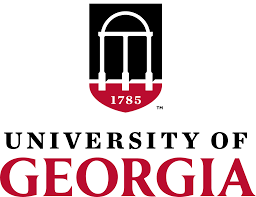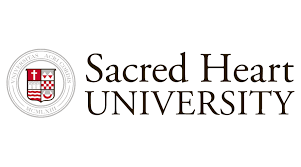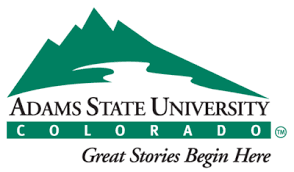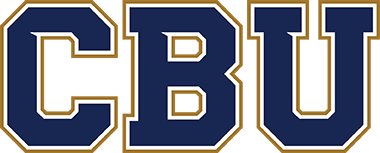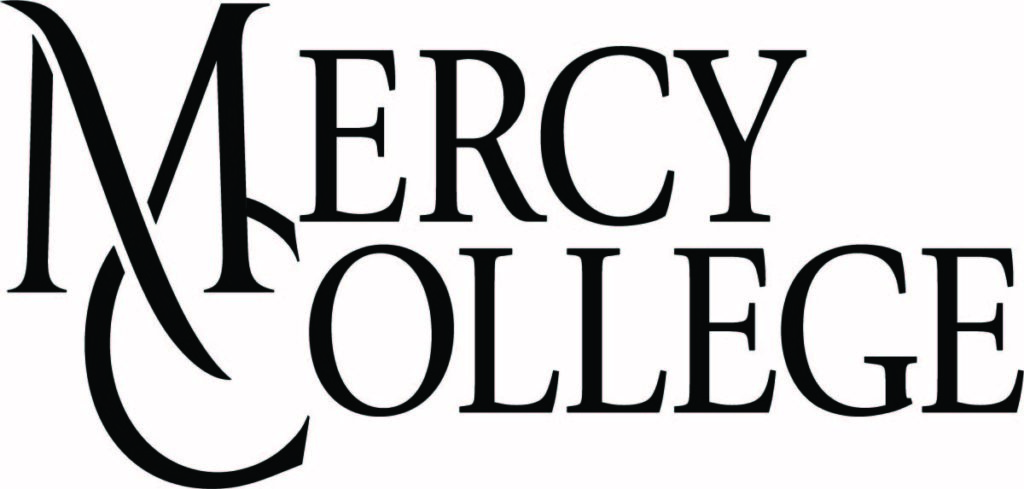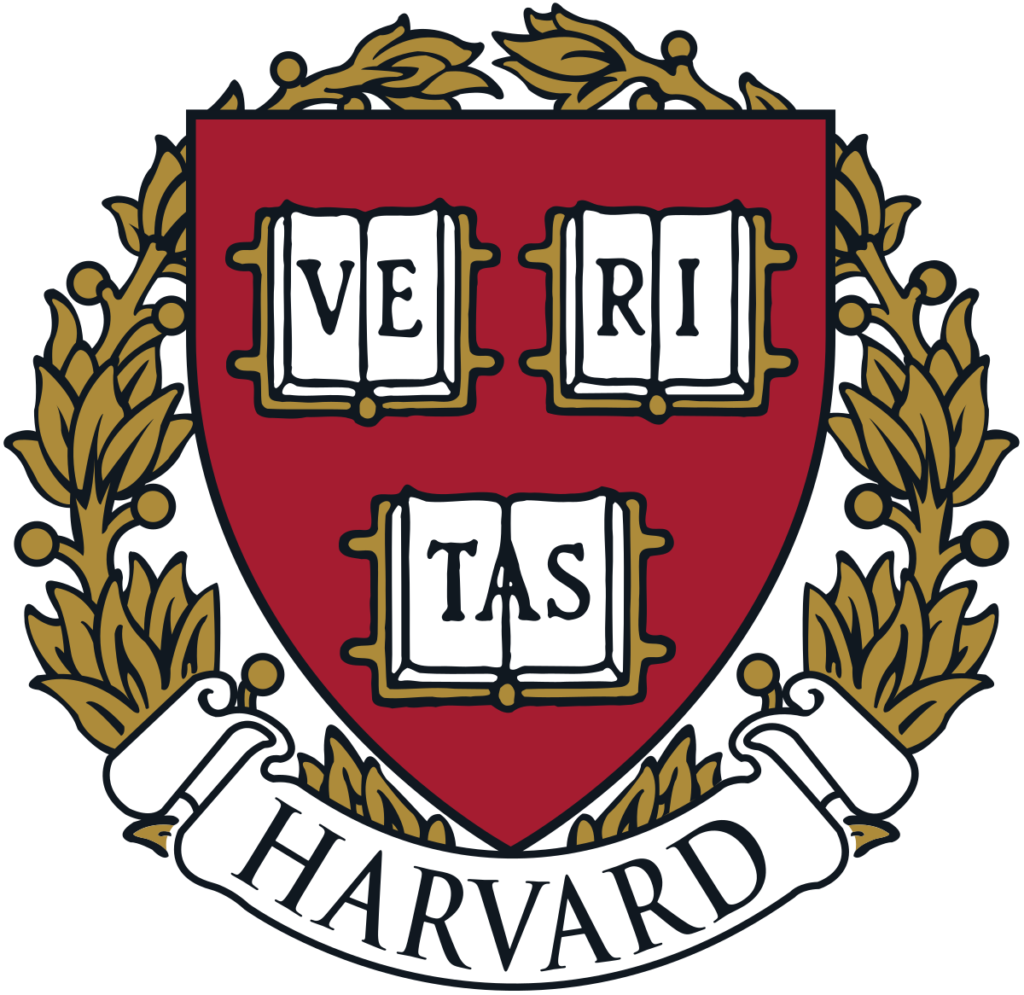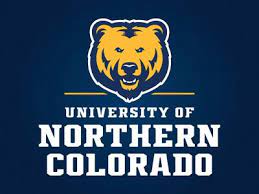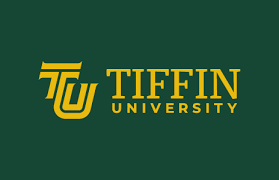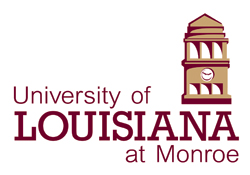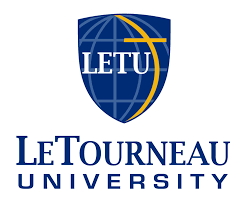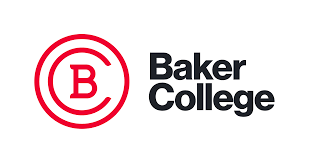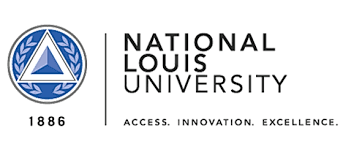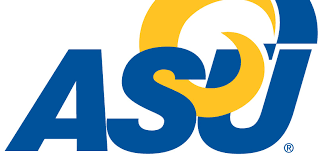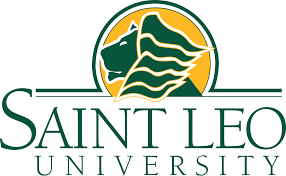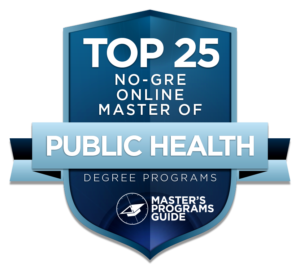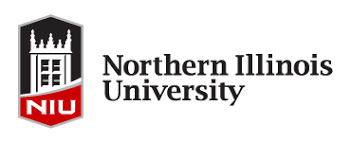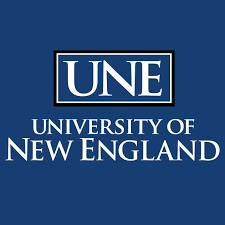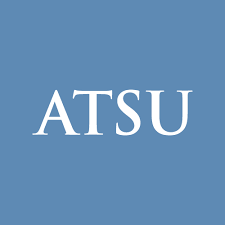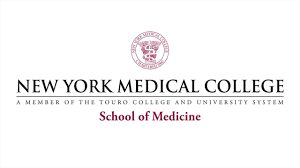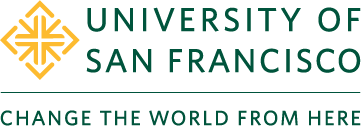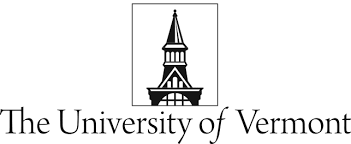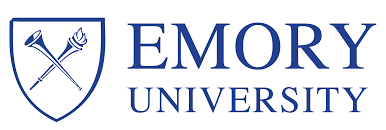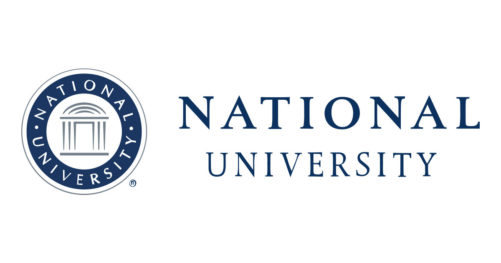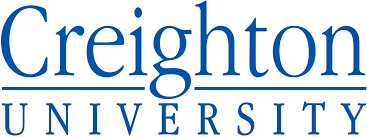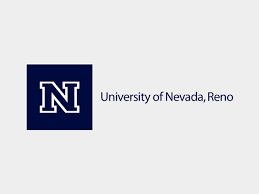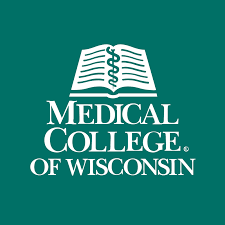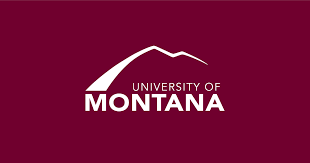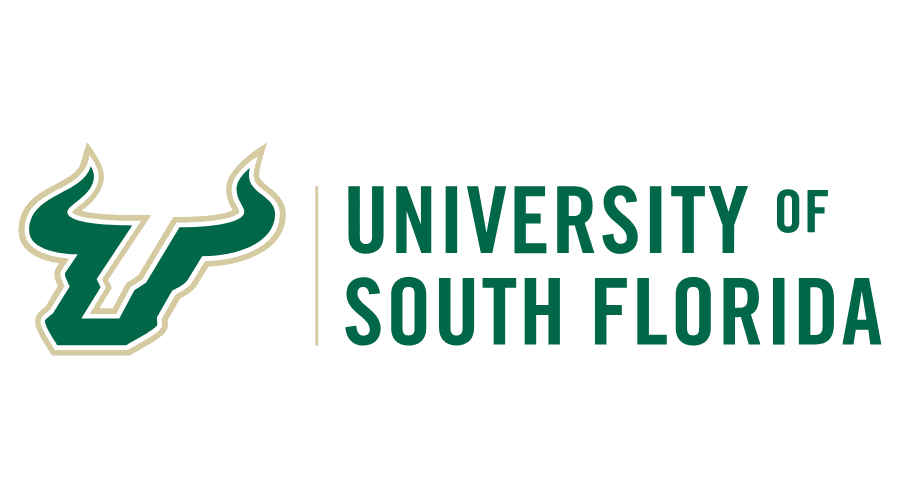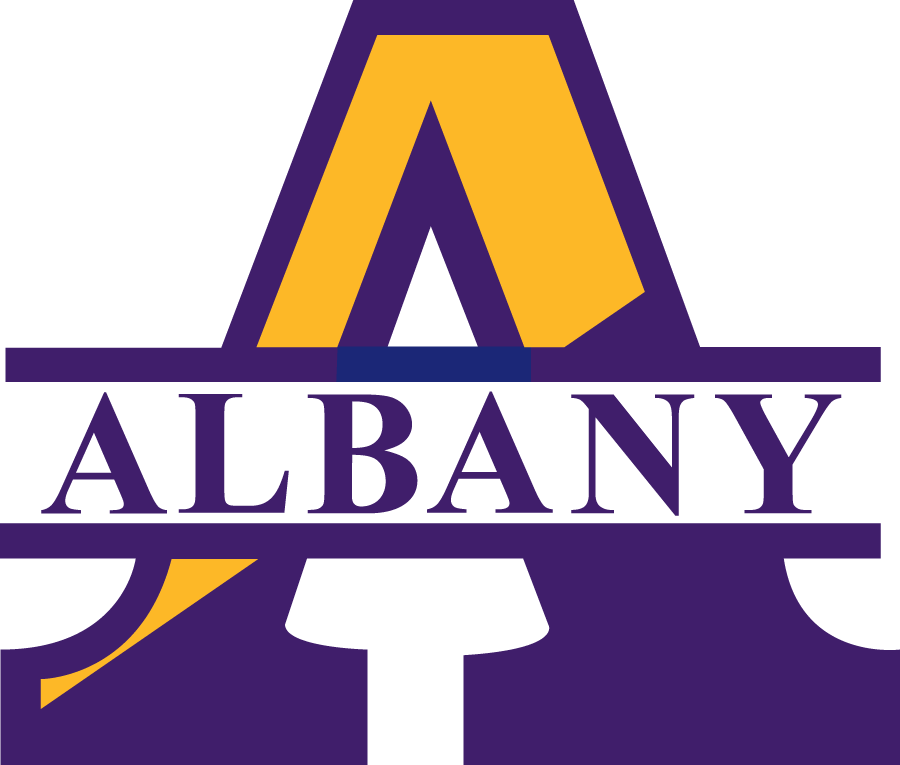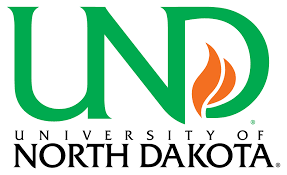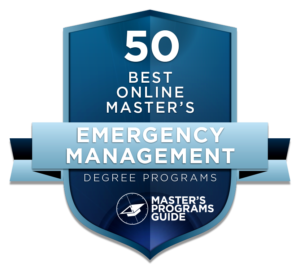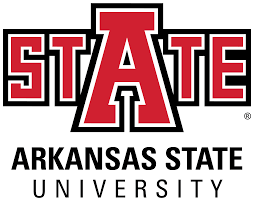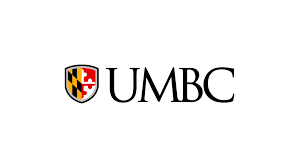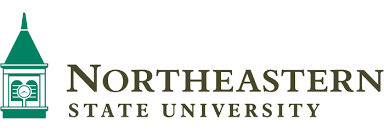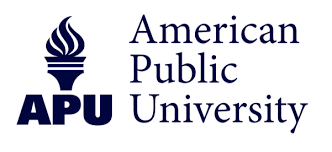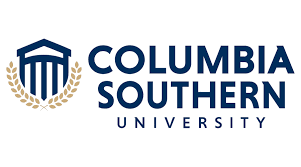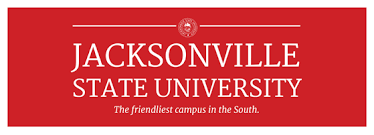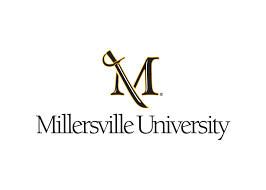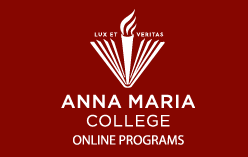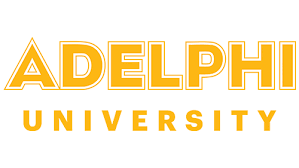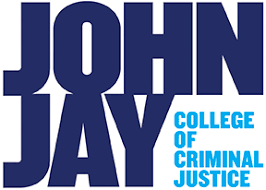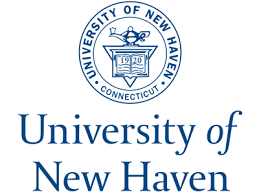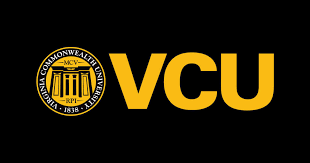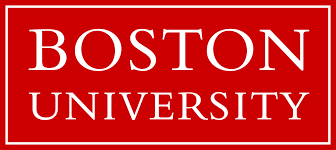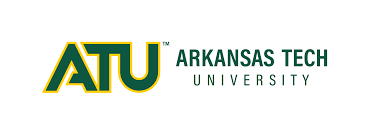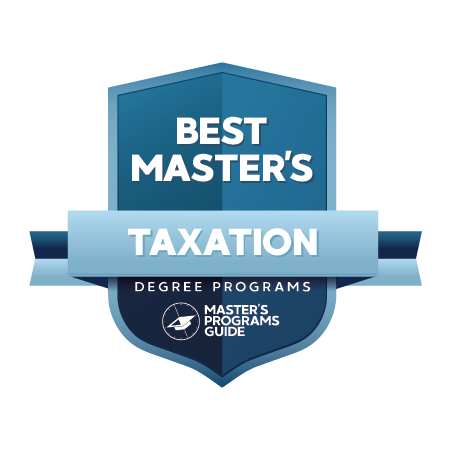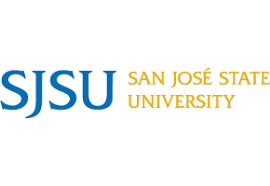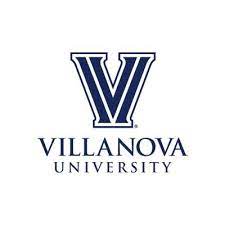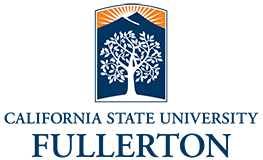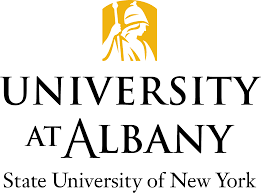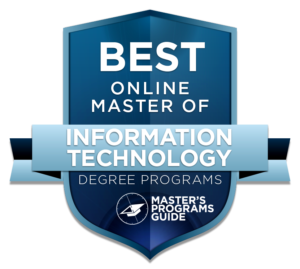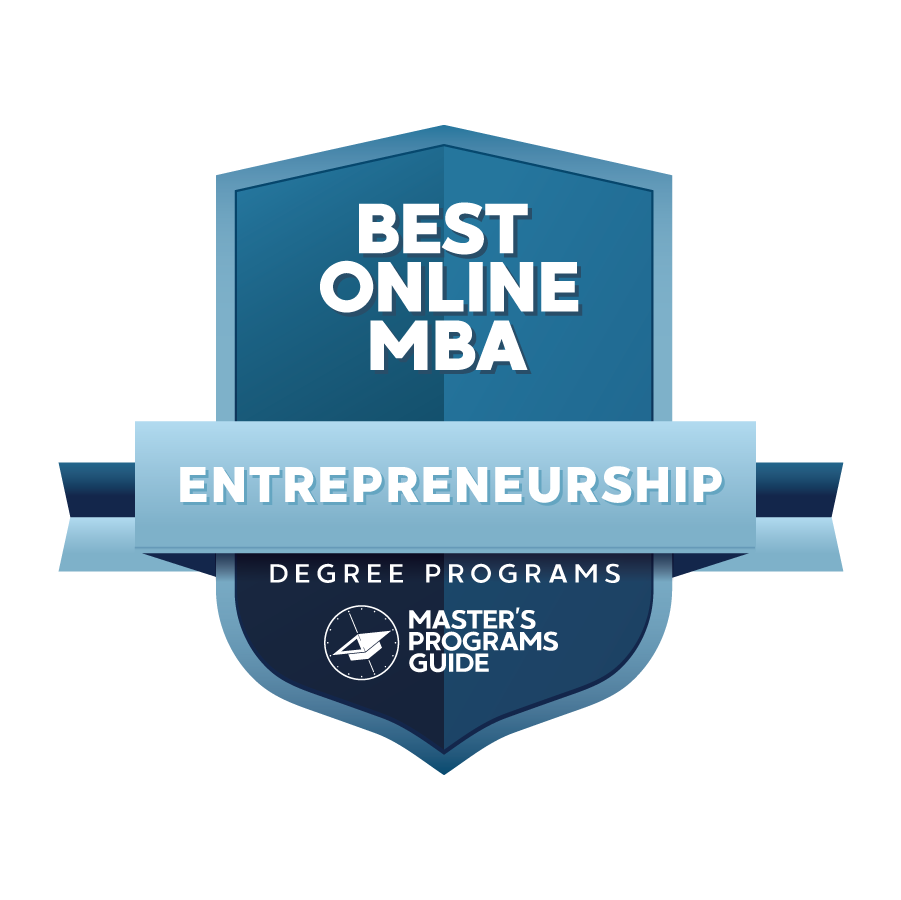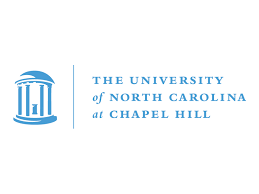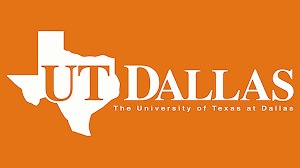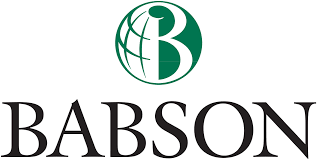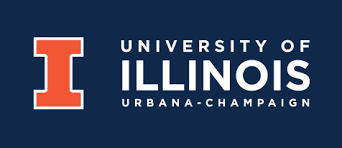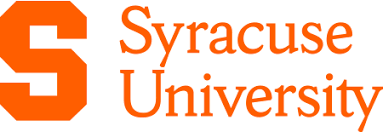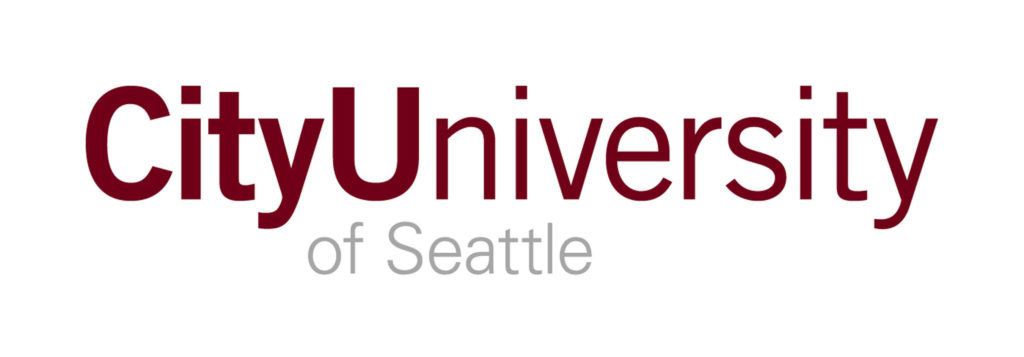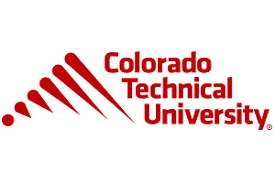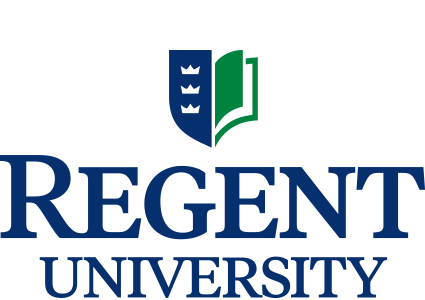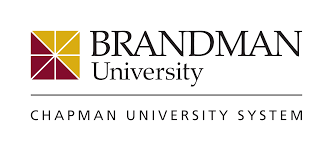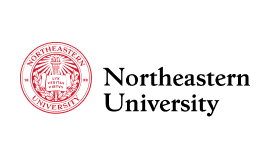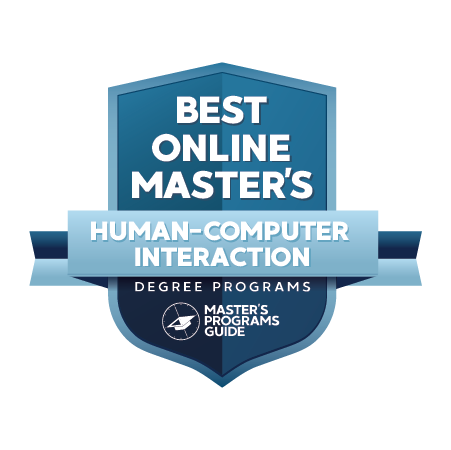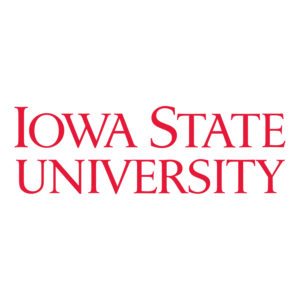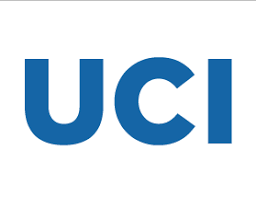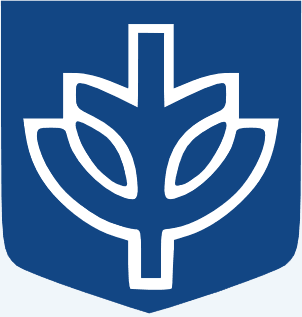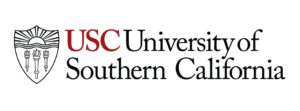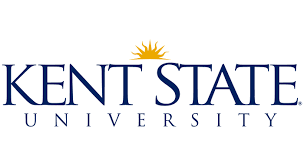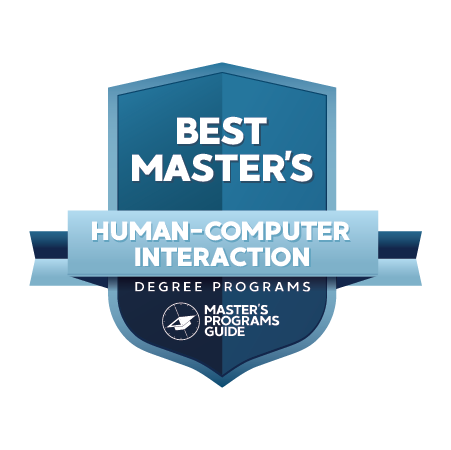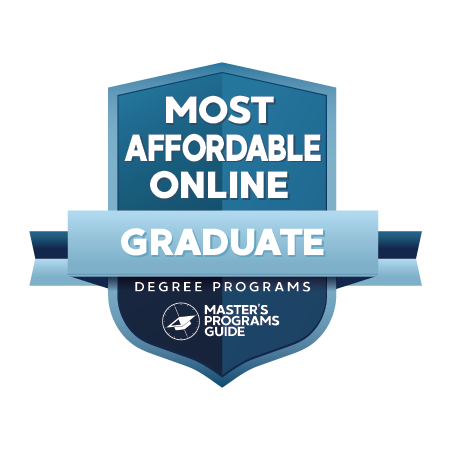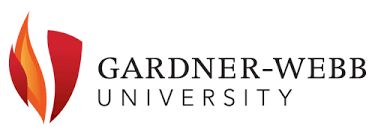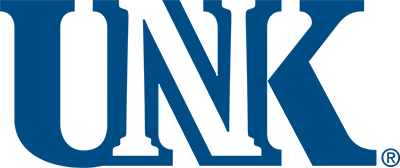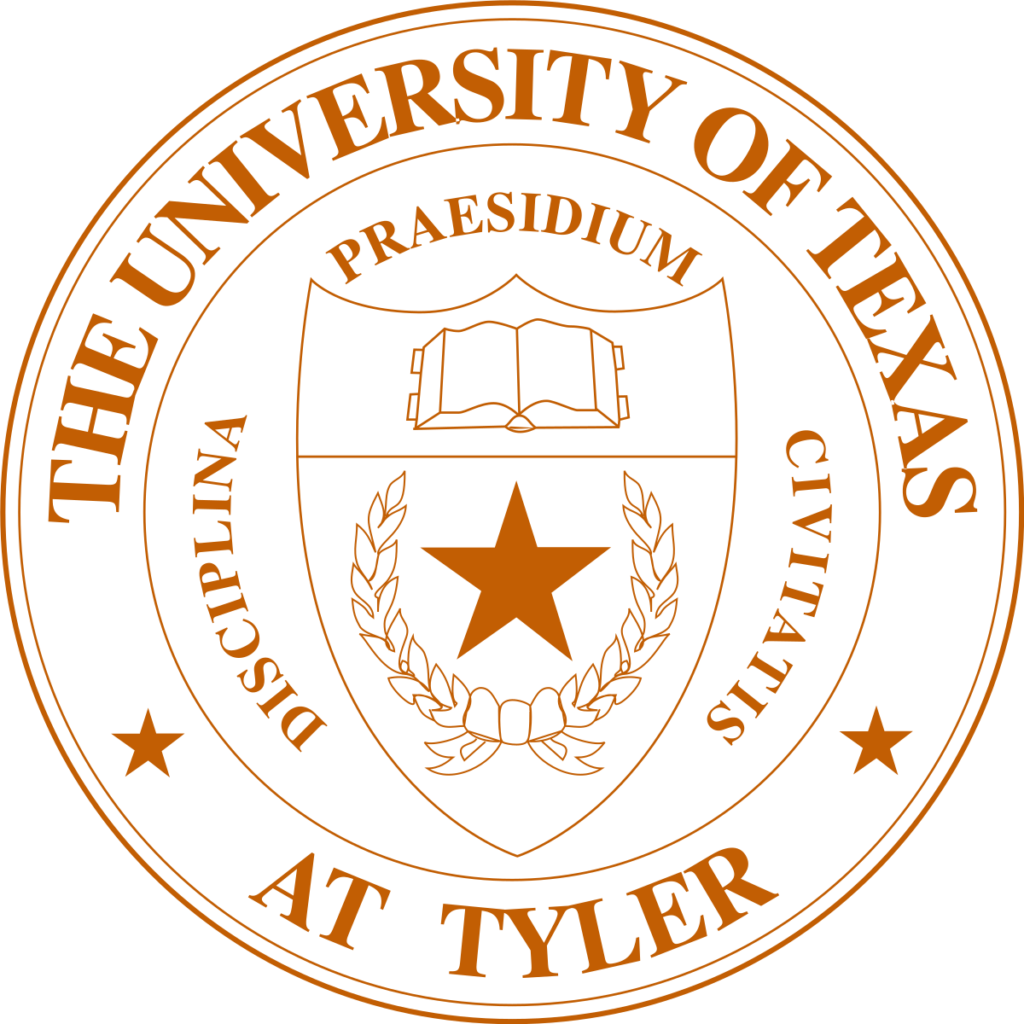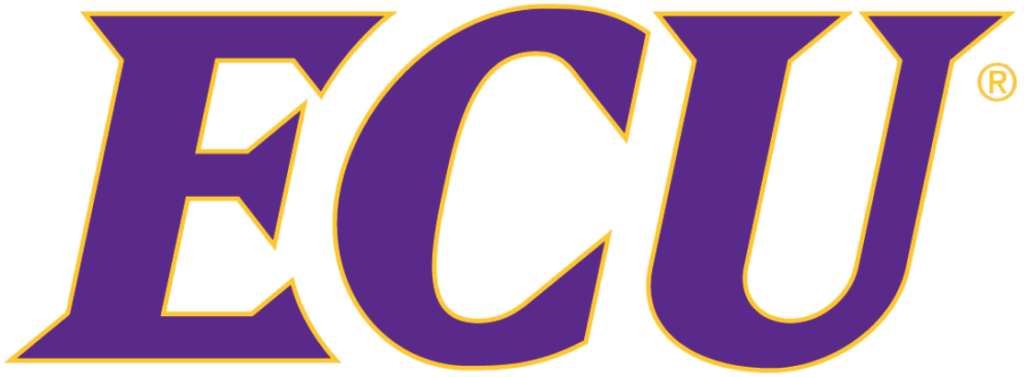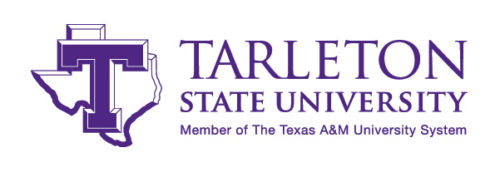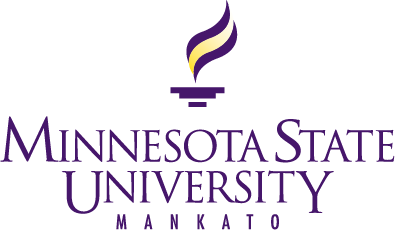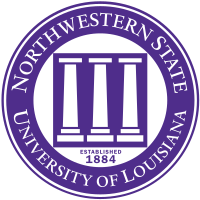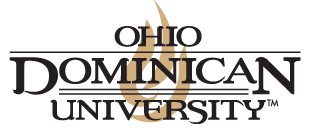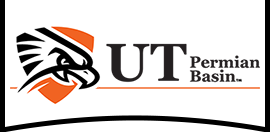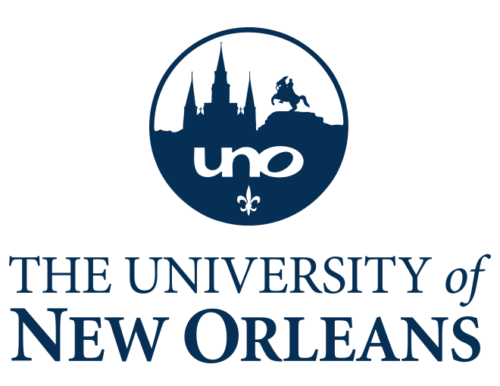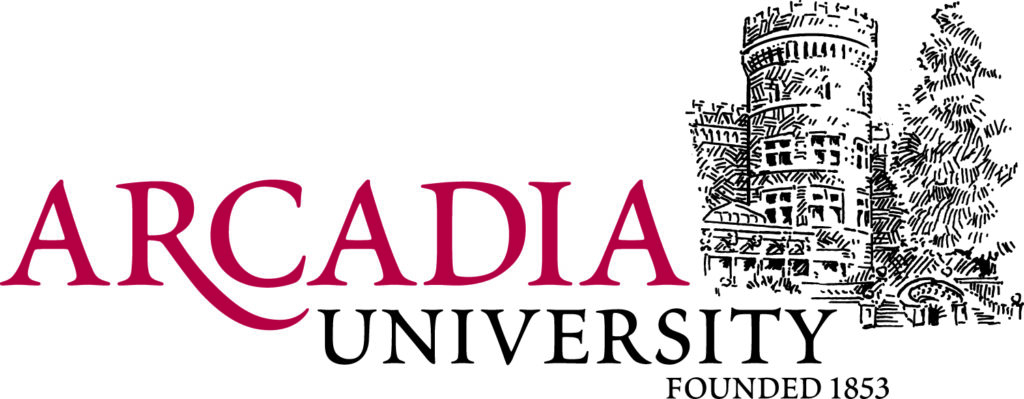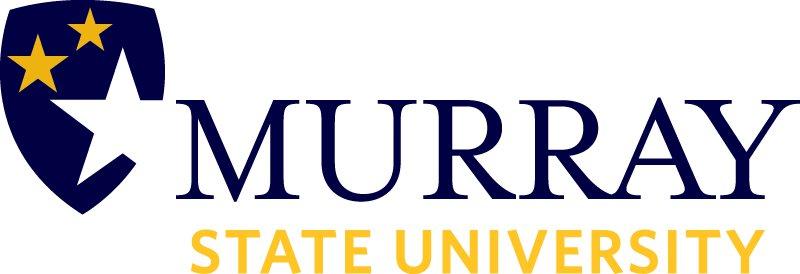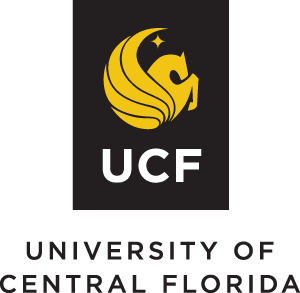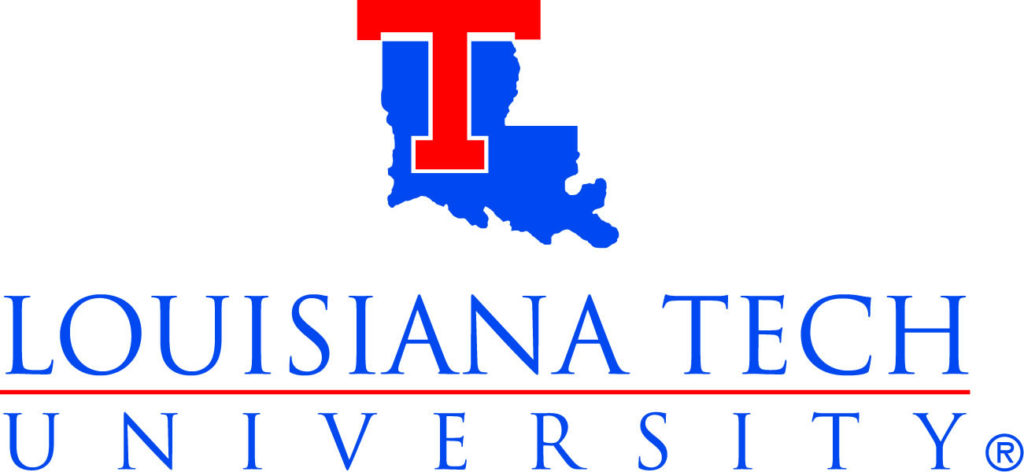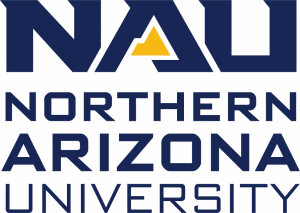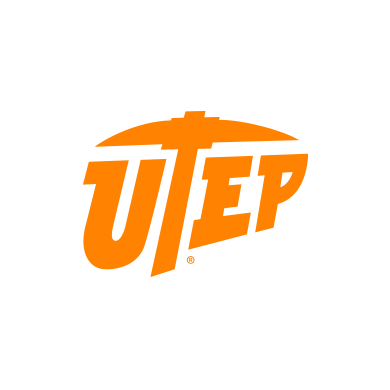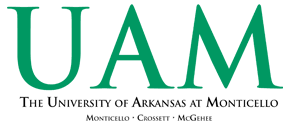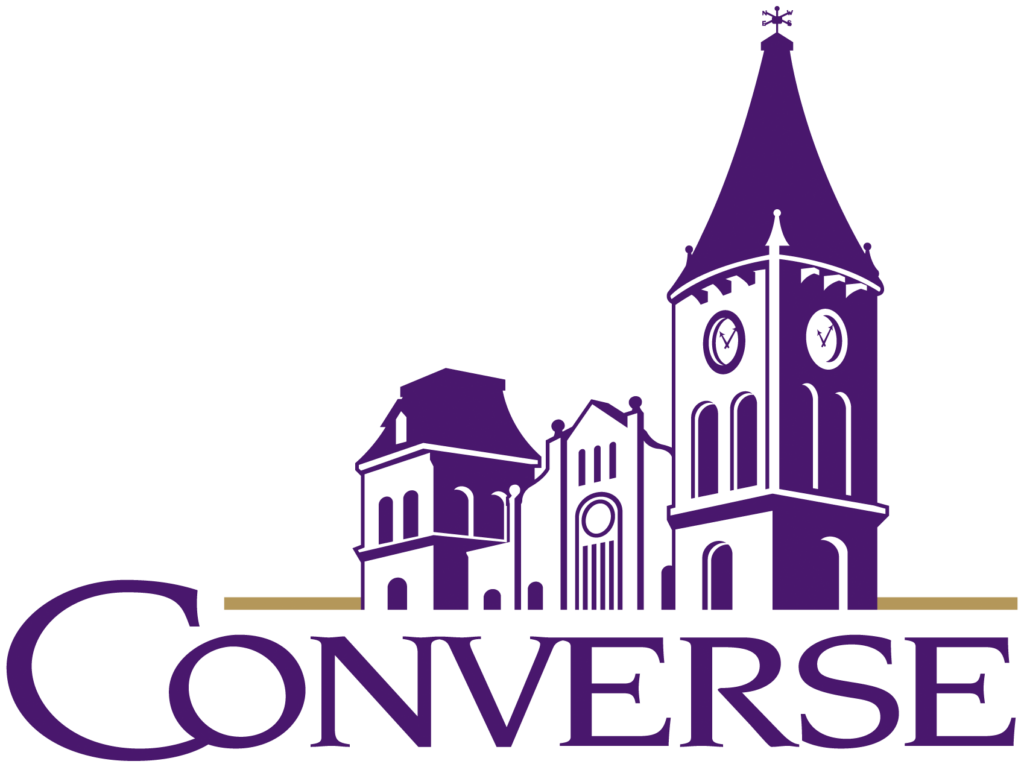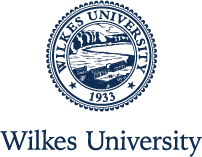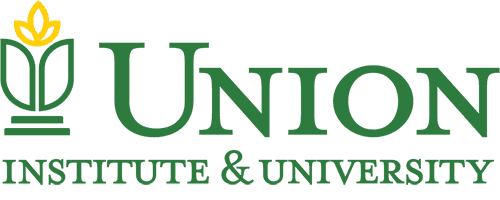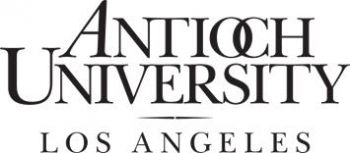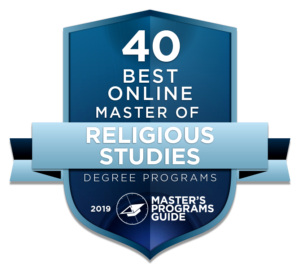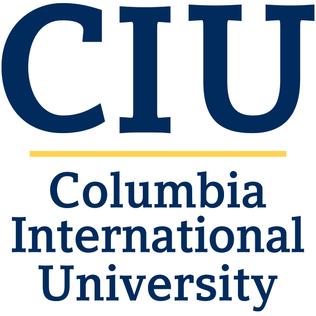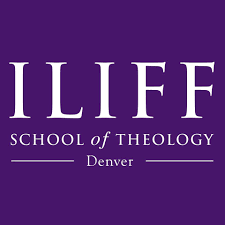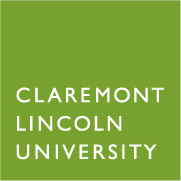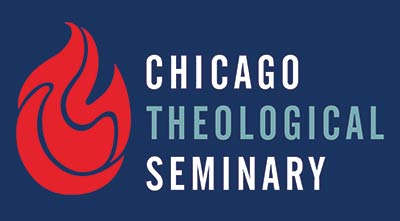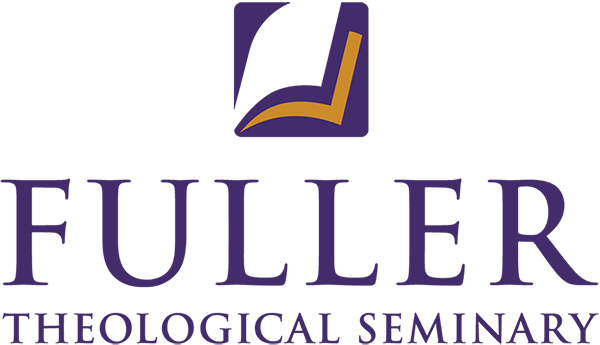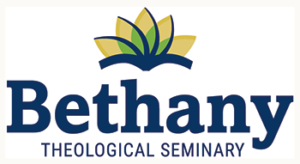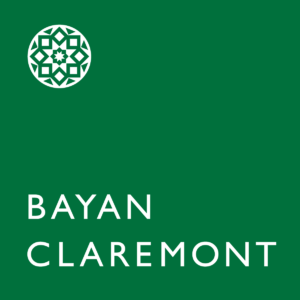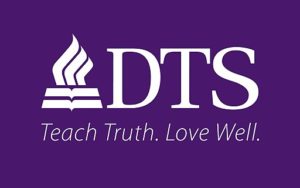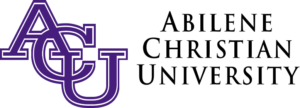Ready to find your ideal master's program?
www.mastersprogramsguide.com is an advertising-supported site. Featured or trusted partner programs and all school search, finder, or match results are for schools that compensate us. This compensation does not influence our school rankings, resource guides, or other editorially-independent information published on this site.
If you like crunching numbers or making sure businesses (or individuals) are on the up-and-up in their monetary reporting and practices, then you are in luck: the field of accounting has a very good job outlook over the next few years! According to the U.S. Department of Labor Bureau of Labor Statistics, accountants and auditors can expect jobs to increase at an above average rate. In addition, the average salary for professionals who go on to gain a Certified Public Accountant (CPA) designation is expected to increase as well. For these reasons–and more–the Master of Accounting degree (which can be conveyed as a Master of Science in Accounting, a Master of Professional Accounting, or a Master of Accountancy) is one of the most popular online master’s degree programs currently available. We have looked at many programs and determined some of the best ones out there. Examine our methodology and the schools on our list below to take advantage of this boon in accounting!
See Also: 30 Best Affordable Master’s in Economics
Quick Links to Our Top 10
- University of Massachusetts Amherst
- Rutgers University
- Penn State University World Campus
- The University of Scranton
- Stetson University
- University of South Dakota
- University of Hartford
- University of Miami
- University of Connecticut
- Auburn University
Our methodology: Looking at publicly available sources as a starting point for our list of the best online Master of Accounting degree programs–such as U.S. News and World Report, the U.S. Bureau of Labor Statistics, school websites, and both the Association to Advance Collegiate Schools of Business (AACSB) and the International Assembly for Collegiate Business Education (IACBE) websites–we determined the top programs by these criteria:
- Affordability-25% (examining average out-of-state tuition)
- Accreditation and commendation-25% (noting program-specific accreditation and accolades and/or recognition by reputable sources such as U.S. News)
- Student satisfaction and support services-25% (considering available student testimonials and easily-procured student resources)
- Online accessibility-25% (looking at programs offering completely, mostly or partially online curriculum and/or any required on-campus residency opportunities)
See Also: Best Affordable Online MBA in Economics
#1. University of Massachusetts Amherst
In 1863 Amherst, Massachusetts, the Massachusetts Agricultural College was started as a land-grant school in response to the passing of the Federal Morrill Act of 1862 (the Morrill Act allowed states to sell federal lands to gain monies to fund schools with the purpose of teaching cutting-edge farming and manufacturing practices). The first class in 1867 had 56 students and four professors to occupy the four buildings on campus. All students were male at first, but by 1892 women joined as fully-admitted students. The school expanded even further through the years and changed names several times. In 1947 the school became the University of Massachusetts and became the flagship institution in the University of Massachusetts System in 2003. From an original campus of 310 acres to a current campus of over 1,400 acres, and 56 students to now more than 30,000—the officially-named University of Massachusetts Amherst (UMass Amherst) is a public research university with regional accreditation from the New England Association of Schools and Colleges.
Program Details: The Isenberg School of Management at UMass Amherst presents a thirty-credit hour Master of Science in Accounting (MSA) degree program with a curriculum developed and perfected by an Accounting Advisory Council. The Council is comprised of “alumni partners and executives who are strongly committed” to the MSA degree’s success, and in addition, students have been allowed to weigh in with their feedback to help strengthen the program. As an added benefit for prospective students, an online course demo is available to see firsthand what online learning is like through UMass. With required classes such as “Taxes and Business Decisions” and “Professional Responsibility for Accountants,” the program is ideal for students who already have an undergraduate degree in accounting and who desire to advance their careers in the field–the program specifically works towards CPA licensure for all New England and New York state residents. Taking as little as two semesters or as long as students need, this is a flexible, renowned, and comprehensive degree program. AACSB accredited
See Also: 10 Best Affordable Master’s in Accounting
#2. Rutgers University
In New Jersey in 1766, a charter for Queens College was sought by the Dutch Reformed Church in response to the formation of the College of New Jersey (the original name of Princeton), which had been started by the Presbyterians twenty years earlier. The Dutch Reformed Church wanted to also establish a college, so in 1771 the town of New Brunswick was chosen as the spot for the campus, and the school that would be historically known as the eighth oldest institution of higher education in America opened its doors. The school suffered in its early years and actually closed twice, but persevering, it reopened after the Revolutionary War with the new name Rutgers College (named for the man whose donation enabled the school to reopen). By 1924, university status was achieved, and now Rutgers, The State University of New Jersey (Rutgers or RU) is a land-grant institution with three campuses in New Jersey. Regional accreditation comes from the Middle States Commission on Higher Education.
Program Details: The Rutgers Business School offers a unique Master of Accountancy in Governmental Accounting degree program entirely online–the first and only program like it available online. Requiring thirty-credit hours to graduate, students can complete the degree in as little as a year if pursued full-time but are able to take classes part-time so they can maintain their current employment. Applicants to this competitive program can have any undergraduate degree, but those who did not major in business or accounting must take the “Accounting for Managers” prerequisite course in the summer prior to beginning the graduate-level classes. With ” input of leaders in the field of government financial management,” the curriculum was developed to advance graduates’ careers in the “rapidly expanding field of government financial management, accounting, and auditing.” Courses such as “Ethical Issues in Public Financial Management” and “Advanced Topics in Governmental Accounting” meet the 150-hour requirements to prepare students to sit for the CPA exam. AACSB accredited
#3. Penn State University World Campus
Farmers’ High School of Pennsylvania was established in 1855 as a degree granting institution. A gift of 200 acres in Centre County became the location of the school (the campus would continue to grow to over 10,000 acres), and in 1862 the school would become a land-grant institution (the federal Morrill Act of 1862 allowed states to sell federal lands in order to use the proceeds to then fund institutions of higher education. Penn State remains the only land-grant school in the state). The name was changed to Agricultural College of Pennsylvania at that time, but then changed again in 1874 to Pennsylvania State College. In 1953 the school became The Pennsylvania State University (Penn State), and there are twenty-four campuses across the state. The main campus is in University Park, Pennsylvania, and over 47,000 students study at this flagship campus. The Middle States Association of Colleges and Schools regionally accredits Penn State.
Program Details: The Master of Professional Accounting degree through Penn State World Campus is an AACSB-accredited online program of which past students sing the praises. The program takes pride in helping students complete the required 150-credit hours to achieve Certified Public Accountant (CPA) licensure with classes like “Auditing Theory and Practice,” “Professional Responsibilities and Ethics in Accounting,” and “Business Tax Planning Theory and Practice.” Having been involved in distance learning since 1998, it is no wonder that Penn State World Campus lands in a top 50 spot, having perfected the online degree program in general and the thirty-credit hour, comprehensive Master of Professional Accounting in particular. Plenty of services, tutorials, and resources for online students are made available, so students get not only the benefit of a reputable program, but also an advantageous program supported by years of research and an online learning environment that cares if students succeed and thrive. AACSB accredited
#4. The University of Scranton
Saint Thomas College was started in Scranton, Pennsylvania by the town’s first Roman Catholic Bishop, the Most Reverend William G. O’Hara. Four years after the cornerstone was laid by O’Hara himself in 1888, classes began for the initial students–the first graduating class would consist of 62 men and twelve seminary students. The school was renamed The University of Scranton (Scranton) in 1938, and for decades it operated under different Catholic societies until the Society of Jesus (the Jesuits) took control by invitation in 1942. The Jesuits emphasized a liberal arts focus, and the school prospered and grew under their leadership. Initially the school was made up of mostly commuters, but now is a comprehensive university made up of a “community dedicated to the freedom of inquiry and personal development fundamental to the growth in wisdom and integrity of all who share its life.” Scranton is regionally accredited by the Middle States Commission on Higher Education.
Program Details: Through the Kania School of Management and Panuska College of Professional Studies, The University of Scranton has designed a rigorous online Master of Accountancy (MAcc) degree program for students with a previous accounting bachelor’s degree (for those without an accounting background, there is the online MAcc Accounting Bridge option that provides foundational, prerequisite accounting coursework). Requiring thirty-credit hours and preparing students to sit for and pass the CPA exam, the keenly-focused curriculum is continuously reviewed and honed by the Accounting Department Professional Council (ADPC), an association of CPA practitioners who have partnered with Scranton’s Accounting Department. Current core courses include subjects like “Managerial Economics” and “Effective Accounting Communication” and some of the electives offered are “Occupational Fraud and Abuse” and “Accounting Integration and Configuration.” The program can be completed in as little as ten to twenty months, but students have up to six years to finish their degree. AACSB accredited
#5. Stetson University
DeLand Academy was conceived of in the First Baptist Church in DeLand, Florida in the fall of 1883. The school opened the following year, and by 1885 the name was changed to DeLand College with nearly 100 enrolled students. This name was not utilized for long–just a year later the Florida State Legislature chartered the school and it became DeLand University. Three years after that the school was renamed in honor of generous donor John B. Stetson (the inventor of the cowboy hat) as John B. Stetson University. Thanks to other donors through the years, the school grew in size and architectural status. In 1905 the Stetson University College of Law claimed a first for the state of Florida by admitting women to its program. Another first was in 1962 when Stetson was the first private university in Florida that was not a historically black college or university to admit all students without regard to color. Stetson University has regional accreditation through the Southern Association of Colleges and Schools Commission on Colleges.
Program Details: Stetson University’s online Master of Accountancy (MAcc) degree program allows students to move through the program together as a cohort, interacting and supporting one another online through the process. A comprehensive and rigorous program offered through the M. E. Rinker, Sr. Institute of Tax and Accountancy’s Department of Accounting, convenience and flexibility are also key elements in this program that can be completed in under a year. Students who do not meet both business foundation and accounting foundation coursework requirements will generally need to do so prior to participating in the MAcc curriculum. Students take thirty-credit hours of advanced accounting courses, including data analytics, audit, accounting theory, forensic accounting and fraud examination, and financial accounting. Webinar information sessions are offered several times through the year specifically for prospective students interested in the online MAcc program. *Stetson University is among the elite business schools worldwide with a School of Business Administration and an accounting program that are fully accredited by the Association to Advance Collegiate Schools of Business (AACSB). The School of Business Administration is housed in the Eugene M. and Christine Lynn Business Center on the university’s historic campus in DeLand, Florida.
#6. University of South Dakota
Before South Dakota was even confirmed as a state, the University of South Dakota (USD) was being conceived of as an institution of higher education for the region. In 1862 the Dakota Territorial Legislature voted to establish the school in the town of Vermillion (making USD the Dakotas’ oldest post-secondary school). No funding was available however, so the school didn’t begin offering classes until 1882 when the funds were raised—in large part thanks to the Vermillion residents. That first year saw just 70 students enroll, but within the decade enrollment had grown to 500 students. Now over 10,000 students are enrolled in the nine schools and colleges housed within USD, and this public coeducational research institution is the flagship school of the state. Regional accreditation has been continuously granted from the Higher Learning Commission since 1913.
Program Details: The University of South Dakota Beacom School of Business has been continuously accredited since 1949, so students can be sure the program they are entering is one of quality and which promises extensive student support as well as rigorous coursework. The online Master of Professional Accountancy (MPA) degree program is crafted to help students accomplish the 150-hour requirement to sit for the CPA exam, and all classes are offered completely online. For students whose undergraduate coursework meets the prerequisite requirements, the MPA program is 30-credit hours of core courses such as “Business Policy and Strategy,” “Contemporary Topics in Auditing,” and “Cost Accounting.” Students are able to choose three elective classes for customization, but the class choice “approved by the MPA Program Director, and be a course that will assist in CPA exam preparation or business professional development.” USD is “committed to providing comprehensive student support services” to both on-campus and online students, with a variety of services and tutorials available. AACSB accredited
#7. University of Hartford
Starting after World War II as a non-residential school, the University of Hartford (UHart) took over several buildings and small schools (such as an art museum) in the town of Hartford, Connecticut to provide an education to the returning G.I.s. The three schools instrumental in integrating and becoming this new university in 1957 included the Hartford Art School (established in 1877), the Hartt School of Music (founded in 1920), and Hillyer College (started as part of the Hartford YMCA in 1879). Coeducational and accepting of all students from its inception, UHart declares as part of its mission a dedication to “personal growth, knowledge creation, and the betterment of society.” The 350-acre campus spreads out over several Connecticut cities and houses seven schools and colleges to serve the almost 7,000 enrolled students. The University of Hartford is a private, nonsectarian, coeducational institution regionally accredited by the New England Association of Schools and Colleges.
Program Details: The Master of Science in Accounting and Taxation (MSAT) degree program at University of Hartford, Barney School of Business offers an entirely online Taxation track for students who desire to “develop or advance a career in professional accounting or taxation in industry, public accounting, government, or not-for-profit organizations.” Three start dates a year and seven-week long courses allow students to complete the 30-credit hour program in about two years. Five required core courses cover topics like “Advanced Taxation of Pass-Through Entities” and “Research in Taxation” and students can select fifteen credits of electives to customize the degree (students must have evidence of basic proficiency and background coursework in several foundational accounting and finance classes). All Barney School online graduate students are provided with dedicated and experienced faculty and advisors, as well as various student support services, in order to assure a “productive and seamless learning experience.” AACSB accredited
Admissions website
#8. University of Miami
In the early 1920s a community of citizens in South Florida felt the need to form an institution of higher education for their area. By 1925 they had secured a charter, and the following year 646 students enrolled full-time at the newly formed University of Miami (UM) in Corals Gable, Florida. The first few decades were tumultuous–the land boom that had brought the financial resources to open the school dried up, a hurricane ripped through the region, the national Great Depression was in effect, and a World War that raged oversees nearly devastated the school. The school’s original president, Dr. Bowman F. Ashe, is credited with keeping it afloat. The years that followed proved kinder to the school–after the War, the school had a period of rapid growth. Now with several campuses, there are twelve schools and colleges encompassed within UM and offering almost 300 academic degree programs to the nearly 17,000 enrolled students. The Southern Association of Colleges and Schools Commission on Colleges grants regional accreditation to UM.
Program Details: With a program that can be completed in as little as sixteen months to just over two years, the online degree offered through UOnline can quickly propel students to sit for and pass the CPA exam of that is their goal. Students have options in their pursuit of an online master’s degree in accounting at UM. There is the Master of Professional Accounting–Non-Bachelors of Accounting degree, in which thirty-two credit hours making up eight courses are taken one at a time over a sixteen-month period, or the 40-credit hour/ten course Master of Professional Accounting–CPA track option completed in twenty months. In addition, an MBA with Accounting Practice Focus is also offered online, requiring 51 credits/fifteen courses, which can be completed in twenty-eight months. Whatever program is chosen, students can complete the degree completely online or participate in any of the on-campus opportunities. Regardless of whether any on-campus networking is chosen, online students through UM’s UOnline are given the support and experience they need to be successful. AACSB accredited
#9. University of Connecticut
In 1880 in the town of Mansfield, Connecticut, two brothers–Charles and Augustus Storrs–proposed to donate $6,000, an old orphanage, and several buildings on 170 acres of farmland to establish Storrs Agricultural School. The following year the governor signed the school into existence, and classes began that fall with thirteen male students and three instructors. In 1893 the school became a land-grant institution and began admitting women–the name was changed to Storrs Agricultural College. Six years later the school was again renamed–Connecticut Agricultural College. For forty years the school would operate under that name, but in 1933 it became Connecticut State College–this name was short-lived, as the school changed again six years later to the current name: University of Connecticut (UConn). This flagship, doctoral research public university is also a space-grant and a sea-grant school, and there are multiple campuses around the state. Due to the quality of the education provided to the over 26,000 students enrolled on the main campus alone, UConn is known as a Public Ivy school. UConn is regionally accredited by the New England Association of Schools and Colleges.
Program Details: UConn School of Business provides a trademarked method of assuring excellence in their online Master of Science in Accounting (MSA) program. The coursework and academic experience through the online MSA program equips students to successfully sit for the CPA exam–students gain not just a degree through completion of the program, but also a unique skill-set that is an intentional outcome of the online learning process. In addition to the “dynamic online community™ that supports and nurtures” the online student, key factors of “information literacy” and “student-centered learning” put the student at the forefront of crafting their education. Offering a highly-customizable degree, this thirty-credit hour program begins each spring with a required four-day on-campus residency seminar. Students then choose one required course from a selection of three courses and then are free to make up the remainder of the curriculum by choosing eight electives. Some of the elective offerings include “Evaluating Internal Controls,” “Advanced Assurance Services,” and “Accounting and Auditing for Governmental Entities.” AACSB accredited
#10. Auburn University
The charter for East Alabama Male College, a private, liberal arts school in Auburn, Alabama, was issued in 1856. Three years later the first students were admitted, but just two years after opening, the Civil War forced the school to close. The ensuing financial devastation caused by the war forced the school to legally transfer ownership from the Methodist Church (its original affiliation) to the State of Alabama in 1872. The state legislature voted to participate in the benefits of the Morrill Act of 1862, and renamed the institution the Agricultural and Mechanical College of Alabama. This would be the first land-grant university of the South, and the school would go on to gain both sea-grant and space-grant designations as well. The school would be renamed Auburn University (AU or Auburn) in 1960, and now it enrolls nearly 30,000 students on the 1,840-acre campus and online. Regional accreditation for Auburn University comes from the Southern Association of Colleges and Schools Commission on Colleges.
Program Details: With an online program that parallels the on-campus program in terms of “rigor, standards, and student accountability” and student support offered, the online Master of Accountancy (MAcc) degree program has been offered through the School of Accountancy at Auburn’s Harbert College of Business since 2000. Designed for professionals who are already engaged in an accounting career and taking just two years to complete (or one year if students attend full-time), the program prepares students to successfully pass the Uniform CPA examination in just one attempt. The thirty-credit hour curriculum requires twelve credits of core courses covering topics like “Advanced Auditing & Assurance Services” and “Integrated Accounting Applications,” and the eighteen elective credit hours can be chosen from classes such as “Advanced Business Law” and “Corporation and Partnership Taxation.” All online courses are recorded for students’ convenience, and there is one required on-campus three-day residency at the end of the program (called the Auburn MAcc Leadership Summit) which culminates the degree with workshops, student events, and seminars. AACSB accredited
#11. University of North Carolina at Chapel Hill
Claiming distinction as the oldest public university in North Carolina, the University of North Carolina at Chapel Hill (known as UNC or “Carolina”) was charted in 1789 and began offering classes in 1795 utilizing a single building at the beginning (which now serves as a residence hall and is the oldest building constructed specifically for a public university in America). The school was located in Chapel Hill which was picked due to its centrality in the state, and now campus is over 700 acres. In 1972 there was a consolidation of state schools into the University of North Carolina System—it was at this point that “at Chapel Hill” was added to the original name of University of North Carolina. Now this flagship, coeducational research university has nearly 30,000 students enrolled throughout the fourteen schools and colleges. UNC is regionally accredited by the Southern Association of Colleges and Schools Commission on Colleges.
Program Details: If key features such as school reputation and “outstanding recruitment opportunities” are of utmost importance to a prospective student, the online Master of Accounting (MAC) degree program at UNC Kenan-Flager Business School is a perfect fit. Open to students with undergraduate degrees both in accounting and any other field, this program requires between 36-48 credit hours depending on what foundational coursework each student might need, and can be finished in one to three years. In addition to core courses in topics like “Data Analytics for Accountants” and “Managerial and Cost Accounting,” a choice of Tax or Audit concentrations determine some of the specific coursework required. The remaining courses are chosen from elective subjects ranging from “Business Entities and Securities Regulation” to “Negotiations.” Another key feature of the Kenan-Flager online MAC is the strong sense of community that is fostered first by the required on-campus Orientation and Leadership Immersion, and continuously through the synchronous classes which emphasizes communication and collaboration. AACSB accredited
#12. University of Texas at Dallas
Eugene McDermott, J. Erik Jonsson and Cecil Green (the founders of Fortune 500 company “Texas Instruments”) determined that a school was needed in Texas to keep the young, technologically-gifted native Texans in the state rather than losing them (and their potential benefits) to out-of-state schools. They established the Graduate Research Center of the Southwest in 1961—the school changed names twice before the end of the sixties, the last time in 1969 when the State of Texas gained control of the school’s assets and it became the University of Texas Dallas (UT Dallas). Four years later the Hoblitzelle Foundation and the Texas Research Foundation donated almost 300 acres to provide a larger campus to the institution, and that same year the first group of students graduated. This public research university currently educates more than 26,000 students and is regionally accredited by the Southern Association of Colleges and Schools Commission on Colleges.
Program Details: Offered through the Naveen Jindal School of Management, UT Dallas’ MS in Accounting is a 36-credit hour program that prepares students to sit for the CPA exam (with the disclaimer that it is “subject to the requirements of each state’s board of public accountancy,” so all students should carefully check their home state’s requirements). Students are able to complete the entire program online either as a cohort or at their own pace in eighteen to twenty-four months. The coursework includes required classes such as “Ethics for Professional Accountants” and “Fundamentals of Tax,” as well as elective choices like “Accounting Systems Integration and Configuration” and “Partnership Taxation.” In addition to the rigorous curriculum that meets CPA requirements, students of the online program have access to “CPA review courses,” the Jindal School of Management’s Career Management Center, and other relevant resources. AACSB accredited
#13. Florida Atlantic University
When the Florida Legislature voted to establish a new public university in the southeastern part of the state as part of the State University System, the man who would come to be known as the school’s founding father, Tom Fleming, proposed a former army base as the school’s location. Several hurdles had to be overcome to release the Boca Raton Army Air Field to Florida, but by 1961 all the logistical pieces were in place and the school was in the works. A great deal of fundraising had to happen before the doors could open in 1964 as proposed, and Tom Fleming was again at the helm pledging a substantial amount from his own earnings. Florida Atlantic University (FAU) made its financial goals, and the school opened with keynote speaker President Lyndon Johnson in attendance. Initially only for upper-level and graduate students, by 1984 FAU became a full four-year degree-granting school. Over 30,000 students are enrolled on the main campus in Boca Raton and the five other campuses throughout the state, and regional accreditation comes from the Southern Association of Colleges and Schools Commission on Colleges.
Program Details: Five concentrations are offered completely online for students who want to “supercharge” their career advancement by pursuing an Executive Master of Accounting degree at the School of Accounting Executive Programs (SOAEP) within the FAU College of Business. Students in the program can choose from Professional Accounting, Forensic Accounting, Digital Accounting Forensics and Data Analytics (DAFDA), Taxation, and Business Valuation. The program is a mirror of the on-campus programs in that they share the same renowned faculty and rigorous coursework, and all online programs can be completed in two years. There are three start dates a year for convenience (January, May or August), and all courses are available initially through live web videoconferencing or as recorded lectures for students to participate in at the time that works for them. The newsletter ReConnect is produced to provide insight, accounting news and opportunities to current SOAEP students as well as alumni. AACSB accredited
#14. Gardner-Webb University
Boiling Springs High School, a boarding school in Boiling Springs, North Carolina, was founded in 1905 after several years of persistence and planning by the Kings Mountain Baptist Association and the Sandy Run Baptist Association. The initial purpose of the school was to offer older children a good education influenced by Christian values, but by 1928 the area’s academic needs prompted a conversion to a junior college. In the early 1940s, Governor O. Max Gardner had become so influential in supporting Boiling Springs Junior College that the name was changed again to honor him and his wife Fay Webb Gardner. Gardner-Webb College expanded and added upper-level students in 1971, and became a full university in 1993. Now, Gardner-Webb University maintains a strong affiliation with the Baptist State Convention of North Carolina and serves nearly 4,000 students. Gardner-Webb University is regionally accredited by the Southern Association of Colleges and Schools Commission on Colleges.
Program Details: The online Master of Accountancy (MAcc) degree program at Gardner-Webb’s Godbold School of Business places a great deal of emphasis on practicing business with ethics and integrity. Providing a degree in accounting from a Christian perspective, a Center for Ethics and Entrepreneurship is available to guide students as they learn both the technical skills of accountancy as well as best practices in ethical management. There are prerequisites to enter the program that students without a bachelor’s degree in accounting must complete before beginning, but for students with a prior accounting degree, thirty-credit hours are required. Within those requirements, students can focus all of their required electives in one area to gain an emphasis in a concentration, or they can vary their elective choices for a more broadly-focused degree. For all students an Advanced Auditing Capstone course culminates the program. Accreditation Council for Business Schools and Programs (ACBSP) accredited
#15. Concordia University Wisconsin
Concordia College was established in 1881 in the basement of Trinity Lutheran Church in Milwaukee, Wisconsin. Started by the Lutherans, thirteen male students started their education in preparation to become Lutheran ministers that first year, and by 1882 the desire for a permanent campus prompted the purchase of property. The state of Wisconsin provided a charter for the school to continue offering high school and junior college indefinitely. Almost a century later, academic programs were added that opened the school up to women and others who wanted to enter into lay ministry in the Lutheran Church. By 1978 the school became a full four-year college, and in 1982 campus was moved to 192 acres in Mequon, Wisconsin. Gaining university status in 1989, Concordia University Wisconsin (CUW) became the first of ten universities in the Missouri Synod Concordia University system. CUW is regionally accredited by the Higher Learning Commission.
Program Details: Offered entirely online through Concordia’s School of Business, the Master of Business Administration (MBA) with a concentration in Accounting degree program gives students the best of two fields of study. The program is 39-credit hours and can be started at any time. Students take core MBA courses (such as “Business Foundations for Administrative Professions” and “Ethics and Organizational Leadership”) and accounting classes (such as “Global Production and Operations” and “Governmental and Not For Profit Accounting”) to strengthen a “deep understanding of financial analysis, decision-making, planning and controlling, capital acquisition and use, and strategic planning.” Classes are taught by “worldwide practitioner instructors” who have the goal for each student to see that “learning . . . is about advancing as a person” and not just a means to an educational or career-oriented end. All online students receive an Online Student Success Advisor (OSSA) as just one aspect of the “intensive student support” provided by Concordia University Online. IACBE accredited
#16. Post University
The Matoon Shorthand School, which taught business courses such as typing and bookkeeping, opened in Waterbury, Connecticut in 1890. The name was changed to Waterbury Business College in 1897 when Harry C. Post took over the school. Post would prove influential on the school–in 1931 it was renamed Post College in his honor. The school would gain and add various elements to the name throughout the years (including being affiliated with Teikyo University in Tokyo, Japan for almost fifteen years) before becoming Post University in 2004. Over 7,300 students are enrolled at the 53-acre campus or online, and this private for-profit school has been a member of the American Council on Education (ACE) Alternative Credit Consortium since 2015. Post University is regionally accredited by the Commission on Institutions of Higher Education of the New England Association of Schools and Colleges.
Program Details: The “practitioner-focused” Master of Science in Accounting (MSA) degree program offered online at Post University requires the usual coursework in accounting fundamentals, but also places an emphasis on “leadership, creativity, and innovation.” Eight undergraduate accounting courses must be completed before students begin the thirty-credit hour MSA program; the graduate curriculum covers the technical aspects of accounting (starting with the foundational “Research and Writing for the Accounting Profession” prerequisite) as the as well as management courses (such as “Customer Relationship Management for Professional Organizations”) and a final Capstone Course (“Current Topics in Accounting”). Six additional credit hours of study labs are available as part of the optional MSA CPA Track for students who wish to sit for the CPA exam. These labs help students craft a degree that is specialized and focused on the areas that need the most academic work. Online student support is extensive and includes a dedicated “Post University Online Student Lounge on Facebook” page. ACBSP accredited
#17. Southern New Hampshire University
Accountant H.A.B. Shapiro started the New Hampshire School of Accounting and Secretarial Science in Manchester, New Hampshire in 1932. For almost thirty years the school maintained production, but in 1961 the school began growing when it was incorporated and renamed New Hampshire College of Accounting and Commerce. Within two years the state of New Hampshire authorized the school to begin awarding four-year degrees, and by 1969 the school changed names again, simply removing the “Accounting and Commerce” part to become New Hampshire College. In 1971 campus was moved to its permanent location by the Merrimack River. Thirty years after the move to the now 300-acre campus, the school changed names yet again to the name it is currently known by—Southern New Hampshire University (SNHU). Around 3,000 students are enrolled in on-campus programs, but SNHU has an online student body of about 80,000 students. The New England Association of Schools and Colleges provides regional accreditation.
Program Details: With multiple start dates throughout the year and access to online classes 24/7, the entirely online Master of Science in Accounting degree program at SNHU is governed by convenience and flexibility. Students can complete the degree in as little as fifteen months by taking two courses (of the required twelve) during each ten-week term, and there a several concentrations from which to choose for degree customization (the degree has several prerequisites that are necessary for students who do not have a prior accounting degree or solid background work in accounting or business). Concentration choices include Auditing, Forensic Accounting, Management Accounting, and Taxation–all tracks share the same basic courses such as “Advanced Auditing” and “Business Law” but then have specialized curricular requirements. With the promise that “we’ll be there for you every step of the way,” SNHU’s online programs provide a great deal of support and online resources to help students succeed. ACBSP accredited
#18. Bellevue University
Bellevue College was formed in 1965 when the local Chamber Of Commerce in Bellevue, Nebraska determined that the area would benefit from an institution of higher education–especially one that would cater to adult learners. A year later the school was founded, and it has been successful in offering academic programs and educational outreach to both traditional and non-traditional students ever since. With a stated vision of being “a premier open access university in the United States,” Bellevue University (as it has been known since 1994) presents a foundation of five core values that shape the school’s outlook and approach: “Integrity in all we do, Belief in the transformational value of education, Student-centric, Market focused, and Innovative.” The Higher Learning Commission regionally accredits this private, non-profit university with over 10,000 currently enrolled students and an alumni network of over 50,000 graduates.
Program Details: Focusing “on the application of accounting to realistic workplace situations,” the coursework for the online Master of Science in Accounting degree program at Bellevue University all leads towards preparation for (and counts towards the requirements for) the CPA exam. The thirty-six credit hour curriculum includes courses such as “Advanced Accounting Problems,” “Financial Auditing,” and “Taxation of Business Entities.” Students are required to take three MBA courses also, covering topics such as “Business Analysis for Decision Making” and “Operations & Logistics in the Value Chain.” If desired, students can opt to take nine additional credit hours (for a total of 45) to obtain a concentration in either Tax or Finance. Additionally, Bellevue wants to assure that each online “student receives a rich and interactive learning experience” and provides many resources specifically for online support in order to make that a reality. IACBE accredited
#19. Edgewood College
Cadwallader C. Washburn, the eleventh governor of Wisconsin, donated his estate in Madison, Wisconsin to the Catholic Dominican Sisters in the late 1800s to be used for academia. The Sisters opened St. Regina Academy in 1881 as a private boarding school, and the first sixteen girls came to campus that fall as both day and resident students. A fatal fire nearly closed the school in 1893, but public support caused the school to rebuild and reopen as the Sacred Heart Academy in 1894. Changing needs and rapid growth led to the creation of a junior college–Edgewood Junior College opened with twelve female students in 1927. By 1940 the school transitioned into a full four-year institution and received accreditation through the University of Wisconsin. Thirty years later, men joined the Edgewood College community as full-time students as the school became coeducational. Now, this private liberal arts school serves almost 3,000 enrolled students, and Edgewood College is regionally accredited by the Higher Learning Commission.
Program Details: The Edgewood College Master of Science in Accountancy (MSA) degree program offered through the School of Business can be completed entirely online, and students can participate full-time to complete the degree in just a year, or they can take classes on a part-time basis to finish in two to three years. In addition to the flexibility to take classes at one’s own pace, students can start the program at three different times of year–spring, summer or fall. Faculty members (who “participate in a rigorous 7-week online faculty certification program”) are also practitioners in the field, and provide not just exceptional courses but also guidance and support to the online student. Thirty-credit hours are required (students must complete prerequisite undergraduate-level accounting courses prior to starting the program), and students take a selection of business courses, accounting courses and electives to culminate the degree. ACBSP accredited
#20. University of Michigan-Flint
Flint Senior College, a satellite of the University of Michigan, opened in 1956 with 167 students and a great deal of local support. Residents of both Flint and Ann Arbor provided support through financial gifts and community involvement in the development of this satellite campus (one of two University of Michigan satellites that had been developed), and the upper-level undergraduate school transitioned to a traditional four-year degree-granting institution within the decade. Freshman enrolled for the first time in 1965, and five years later the school was granted its own individual accreditation to become officially University of Michigan-Flint (UM-Flint) in 1971. Initially a commuter-campus school, residence halls were added and in 2008 300 students became the first residential, on-campus students. UM-Flint has nearly 9,000 students currently enrolled, and the Higher Learning Commission provides the school with its regional accreditation.
Program Details: NetPlus! is the program delivery method for the Master of Science in Accounting (MSA) at UM-Flint. Through the School of Management, the NetPlus! format translates into a MSA degree program that has the majority of the coursework online but the added benefit of two weekend residencies held on-campus each semester. This program is designed for students who want to “compete for challenging and rewarding accounting positions as well as career advancement,” and the on-campus requirements are planned out two years in advance to assure scheduling is not an issue. Required core coursework includes classes like “Financial Reporting Special Topics” and “Seminar in Contemporary Accounting Systems and Control” and makes up eighteen credit hours of the required thirty (additional classes may be required for students who have not mastered foundational accounting basics). Students choose twelve elective credits to complete their degree, and find that the renowned UM-Flint faculty members are both accessible and devoted to each individual’s “success as a student and as a professional.” AACSB accredited
#21. University of Maryland University College
With a mission of “improving the lives of adult learners,” the University of Maryland University College (UMUC) was originally founded as a satellite of University of Maryland’s (UM) College of Education in 1947. Called the College of Special and Continuation Studies, this branch was one of several throughout the state. Two years after its founding, the school sent instructors overseas to educate the military service personnel, and a few years after that was commissioned by the Department of Defense to provide faculty in Asia for the evening and weekend classes offered by UM. In 1970 the school began the process of becoming an independent institution, and the official name of the school was chosen to reflect that it is part of the University of Maryland System (“University of Maryland”) and that it offers (in the British tradition) education outside of the school building and usual classroom times (“University College”). The school now has headquarters in Adelphi, Maryland, administrative offices around the globe, and an academic center in Largo, Maryland to serve the over 80,000 enrolled students. Regional accreditation for UMUC comes from the Middle States Commission on Higher Education.
Program Details: The UMUC online MS in Accounting and Financial Management degree is designed to help advance the careers of professionals who are already working in the fields of accounting or finance. This thirty-six credit hour program (students can transfer in six credit hours) which makes all coursework available online emphasizes “the knowledge and competencies to make high-level decisions” that students need to propel them into higher-level positions. Required core courses cover topics like “Behavioral Finance” and “Long-term Financial Management” while electives focus on subjects such as “Fraud Examination” and “Government and Not-for-Profit Accounting.” The program is completed with the “Accounting and Financial Management Capstone” course which helps apply the knowledge gained in class into real-world application. All courses are presented asynchronously, so students can login and “attend” class whenever is most convenient for their schedules. Prospective students can attend the online webinar event Introduction to UMUC! to learn more about UMUC and the various online programs that are offered. IACBE accredited
#22. Baker College
Baker Business University was established in 1911 in Flint, Michigan by educator Eldon E. Baker (he had previously founded a successful business school in Kansas). Several decades earlier in 1888, Muskegon College had been founded by Woodbridge Ferris, who would go on to become both Governor of Michigan and a United State Senator. In 1965 the two schools were brought under the same management when the Jewell family (who owned Muskegon) purchased Baker Business University. Within a few years Muskegon became a non-profit institution, and within the decade Baker Business University became Baker Junior College. In 1983 an extension campus of Baker Junior College opened, and in 1985 all three schools merged as the Baker College System. The following year the Junior College became Baker College of Flint. Now, there are multiple campuses across the state and one in Pennsylvania, a Center for Graduate Studies, and a thriving online program to serve the over 23,000 students. Regional accreditation comes from the Higher Learning Commission.
Program Details: The College of Business at Baker College offers an online MBA degree with an Accounting concentration for business professionals who want to advance in their field (in addition to nine other MBA specializations also offered online). Prospective students are required to have a bachelor’s degree in accounting and at least nine credits of undergraduate accounting coursework. The 41-cresdit hour MBA program’s curriculum is specialized rather than general, so students develop the specific accounting skills needed by taking courses such as “Global Accounting,” “The Marketing Environment,” and “Human Behavior Management of Organizations.” An Academic Resource Center provides online support to students both on and off-campus, and it extends throughout the entire Baker College System–so students have resources from many colleges in one convenient, always-accessible support center. IACBE accredited
#23. University of Alabama at Birmingham
In 1859, the Medical College of Alabama opened in Mobile, Alabama in a temporary rented space. The one-year program welcomed fifteen students that first year, and all graduated as planned in 1860. Several decades later in 1893, the school would expand to a three-year program. By 1920 the school would move first to Tuscaloosa and then to Birmingham. The University of Alabama in Tuscaloosa had a Birmingham Extension Center, which the Medical College merged with to form an independent institution called the University of Alabama in Birmingham. Now the school is one of the three schools in the University of Alabama System, and in 1984 it changed its name to the University of Alabama at Birmingham (UAB). UAB is a coeducational public research university with nearly 20,000 students and is the largest employer in the state of Alabama. The Southern Association of Colleges and Schools Commission on Colleges regionally accredits UAB.
Program Details: The University of Alabama at Birmingham’s Collat School of Business places an emphasis on “leadership, innovation, and entrepreneurship” in order to provide a rigorous, entirely online Master of Accounting degree program. The thirty-credit hour program for students with a sound background in accounting (students who do not have a bachelor’s degree in accounting can go through the master’s in accounting bridge program at UAB) offers twenty-one credits of core classes such as “Corporate Governance,” “Tax Entities,” and “Advanced Auditing and Attestation,” and nine credit hours of the student’s choice of electives. All coursework helps prepare students to sit for the CPA exam, and in addition there are many support services and resources to help the online student. From Technical Support to Academic Advising to explanations on maintaining online “Netiquette,” students have many opportunities to succeed online and progress in the field of accounting. AACSB accredited
#24. Georgia Southern University
The First District Agricultural & Mechanical School was established in Statesboro, Georgia, in 1908. Fifteen local children would gain the benefit of housekeeping skills and modern farming practices under the four instructors in this rural, practical school. In 1924, the needs of the area required more formally-trained school teachers, so the school became the Georgia Normal School for the purpose of educating educators. Through the years, the school continued to transition with the needs of the community, but by 1990 it officially became Georgia Southern University (GS). More than 20,000 students are enrolled in this school with a campus of more than 900 acres—with such additions as a Performing Arts Center, a Planetarium, a Center for Wildlife Education and a Garden of the Coastal Plain to enhance the student experience. Regional accreditation for Georgia Southern University comes from the Southern Association of Colleges and Schools Commission on Colleges.
Program Details: Offered through the School of Accountancy within Georgia Southern’s College of Business, the online Master of Accountancy (“WebMAcc”) is a 30-credit hour degree program available entirely online. Students move through the program together as a cohort, taking two classes a semester to complete the degree in two years. This distinguished degree program is ideal for working professionals and offers core classes such as “Seminar in Accounting Information Systems,” “Fraudulent Financial Reporting” and “Current Legal Issues.” The remaining classes are made up of the student’s choice of four elective courses and can be chosen from within the College of Business or from other schools or departments with advisor approval. Prerequisite courses may be required for incoming students who don’t have proven “proficiency in accounting through coursework, internship or work experience, and extracurricular involvement.” AACSB accredited
#25. Southern Utah University
In 1897 the Utah Legislature voted to establish a teacher training school in Cedar City, Utah. The following year, after a great deal of hard work and intense preparation on the part of the Cedar City residents, the Branch Normal School was dedicated. Four instructors–called the “Founding Four”– were the first faculty, and by 1913 the school grew to become the Branch Agricultural College and a branch campus of Utah State University (known as Utah State Agriculture College at that time). Growing and changing names several more times through the decades, the school gained university status in 1991 and was renamed one last time as Southern Utah University (SUU). With a focus on the core themes of Exploration, Engagement, and Excelling, this public university currently has more than 9,000 enrolled students in the six colleges on campus and online. The Northwest Commission on Colleges and Universities provides regional accreditation to SUU.
Program Details: Through the Graduate & Online School at Southern Utah University, students can participate in a degree program in which “graduates can expect nearly 100% job placement” after they complete the degree–sometimes even prior to graduation. The SUU Online Master of Accountancy (MAcc) degree program can be completed on a fast-track in just two semesters, or students can opt to gain a dual MBA degree in three semesters with just fifteen more required credit hours. The MAcc degree requires thirty credit hours, but all students must have completed the 49 credit hours of undergraduate foundational accounting coursework requirements before being admitted to the master’s program. Graduate level courses include topics in “Accounting for Decision-Making & Control,” “Advanced Cost Accounting,” and “Taxes/Pass Through Entities.” Canvas is the SUU Online learning delivery method, and there are many tutorials and resources available to online students to make sure their academic experience is a smooth one. AACSB accredited
#26. University of Massachusetts Lowell
The late 1800s saw two important schools began in Lowell, Massachusetts. An Act of Legislation in Massachusetts led to the creation of the Lowell Normal School in 1894. The school was originally only for female students, and classes began in 1897 even though the school building was not yet completed. A year after the formation of Lowell Normal School, the Lowell Textile School opened in 1895. Its purpose was to train technicians and managers to become workers in the local textile industry. Both schools grew—the Lowell Normal School changed names to Lowell State College in 1960 to reflect its growth—but in 1975 the two schools would merge to become the University of Lowell. When the institution joined the University of Massachusetts system in 1991 the name would change to University of Massachusetts Lowell (UMass Lowell). Regional accreditation comes is provided by the New England Association of Schools and Colleges.
Program Details: Through the Division of Online and Continuing Education, the Master of Science in Accounting (MSA) degree at UMass Lowell’s Robert J. Manning School of Business is an entirely online, “in-depth” and comprehensive program. Tech support available 24/7, academic advisors, and program coordinators provide support as students navigate the rigorous coursework provided by the professional and experienced faculty. The thirty-credit hour program requires fifteen credits of core coursework in topics like “Financial Accounting Theory and Research” and “Taxation of Business Entities.” Two electives are chosen from accounting classes such as “Advanced Management and Sustainability Accounting” and “Globalization and Accounting,” and the remaining nine credits are to be chosen from a selection of business elective courses. For students who do not have an undergraduate degree in accounting, there are graduate-level courses available to help them enter the program on a level-playing field. AACSB accredited
#27. Emporia State University
In 1863 a teacher training school was established in the town of Emporia, Kansas. Kansas State Normal School held classes for the first time two years later, and eighteen students were in attendance. The only employee, Lyman Kellogg, served as both President and faculty for the fledgling school—the first permanent building on campus would not be completed until several years after the school started. The first graduating class consisted of two students—Mary Jane Watson and Ellen Plumb. Kansas State Normal School would quickly grow to be both the largest school in the State of Kansas as well as the largest normal school in the United States. The name would change first in 1923 to Kansas State Teachers College, and then again in 1977 to Emporia State University. Now this public coeducational institution had nearly 6,000 currently enrolled students, and regional accreditation comes from the Higher Learning Commission.
Program Details: Designed for the student who wishes to gain “the ability to understand and apply the nuances of accounting,” Emporia State’s School of Business offers an entirely online Master of Accountancy (MACC) degree program that focuses on those skills in order to prepare graduates who “want to advance-personally and professionally.” A thirty-credit hour program, students are prepared to sit for the CPA exam upon graduation. Advisors are available to help online MACC students navigate the course requirements (which correspond with the CPA requirements). Ideal for working professionals, the program can be completed at the pace necessary for each student’s needs, and academically prepares students for a career in “areas of government, management, and public accounting.” Prospective students need to have an undergraduate degree in accounting from an AACSB-accredited school–those who don’t can contact the school to determine how to gain the requirements to achieve admission. AACSB accredited
#28. Rider University
Trenton Business College was opened in 1865 in Trenton, New Jersey as part of a group of private business schools. The three founders pulled one of their teachers from the Newark branch, Andrew Jackson Rider, to become the Trenton school’s leader in 1866. That year also saw the admission of the first female students and the beginning of evening classes. Financial ownership of the school changed through the years, but by 1897 the school became incorporated by the state, Rider became the first president, and the school was renamed Rider Business College. A merger with another school and an expanding curriculum prompted the renaming of the school to Rider College in 1921. Sixteen years later the school became a non-profit, and full academic accreditation was achieved by 1955. A new campus in Lawrenceville began to be developed in 1957, and by 1964 the main campus had fully relocated to that location. Rider College became Rider University in 1994, and the Middle States Association of Colleges and Schools has provided regional accreditation since 1955.
Program Details: Students of the online MAcc degree program offered through Rider’s College of Business Administration have a choice in how they would like to engage in the program. There is the cohort model, in which all students enter the program together as a cohort of students at the same prescribed time in September and advance through coursework sequentially–this method allows students to finish the program in just sixteen months. Also available is the entirely flexible program, in which students can enter in the fall, spring or summer and take classes as their schedules dictate and they desire. Both programs require thirty-credit hours to graduate and offer classes such as “International Dimensions of Accounting,” “Fraud Detection & Deterrence,” and “Business Law.” An online orientation begins the program each fall in which students become aware of how online learning works at Rider and what support services are available to them. AACSB accredited
#29. St. John’s University
When the Most Reverend John Loughlin, the Roman Catholic Bishop of Brooklyn, New York bought three local family farms in the north-central part of the city in 1867 and requested the help of the Vincentian Community (brothers and priests who vowed to live the apostolic life embodied by St. Vincent de Paul), St. John’s College was born. In 1890 classes began for the 47 students and six instructors. By 1933 the school had grown so much and added several specific Schools that it was renamed St. John’s University, Brooklyn. There was a need for a larger campus, so in 1955 the school began to move to a campus location in Queens, which is its main campus today. There are other campuses in the New York area, as well as Paris and Rome satellites. St. John’s University is a private research institution with over 20,000 students currently enrolled. Regional accreditation comes from the Middle States Commission on Higher Education.
Program Details: The Peter J. Tobin College of Business at St. John’s has a Master of Science in Accounting degree program that can be completed 100% online in just twelve to twenty-four months. Providing students with an education that is rich in “specialized technical knowledge and competencies in accounting, tax, and auditing,” the curriculum is taught by recognized faculty who are top “researchers and published scholars in the field” of accountancy. Students who have a business degree are required to complete thirty-three credit hours of coursework (students who do not have a business background will be required to take up to an additional twenty-one credit hours) and will be prepared to take the CPA exam and gain licensure upon graduation. Core classes cover topics like “Information Technology Auditing” and “Business Tax Planning,” and electives include a range of classes including “Critique of Accounting Theory” and “Analysis of Foreign Financial Statements.” AACSB accredited
#30. Syracuse University
At the 1870 Methodist State Convention in Syracuse, New York, the determination to establish a university for the city was propagated successfully. The City of Syracuse had provided $100,000 for the school, and a year later, thirty-four male students and seven female students entered into the first classes. Being coeducational was an important element of the school from the very beginning. At that time Syracuse offered four-year classical studies programs and three-year science programs to the students in a rented building. Rapid physical growth occurred in the latter part of the century and into the early 20th century, and after World War II Syracuse secured its reputation as a research institution. Now this private, non-sectarian university maintains thirteen schools and several campuses for the 20,000 enrolled students. Regional accreditation for Syracuse comes from the Commission on Higher Education of the Middle States Association of Colleges and Schools.
Program Details: The online Master of Science in Professional Accounting degree program at Syracuse is the same exceptional degree as the on-campus program. Offered through the Martin J. Whitman School of Management, students have three different ways of pursuing the degree. Students with an accounting background can participate in the accelerated program and complete the thirty-credit hour degree in just twelve months. For students who require foundational accounting coursework can still enter the program–they get the added benefit of an individualized curriculum–and may still be able to complete the degree in less than two years. And for students who have the background in accounting but want to pursue the degree part-time, there is the Professional program that takes fifteen months to complete. Students not only get the benefit of a Syracuse education delivered in the way that best accommodates them, but also they get to participate in a lively “virtual campus” that is “designed to help students and faculty establish and build real connections throughout the program and beyond graduation.” AACSB accredited
#31. Texas A&M University-Commerce
The East Texas Normal College was originally located in Cooper, Texas. It opened in 1889 as a private teacher training institution, and the founder, William Leonidas Mayo, was also the first president of the school. Only five years after it opened the school was forced to move to a new location because of a devastating fire. Commerce, Texas would be the new home to the school, and it thrived and grew. By 1917 the State of Texas took over the school and renamed it East Texas State Normal College. The college would add additional programs and transition through other names, but in 1996 it consolidated with the Texas A&M University System and was renamed one last time to Texas A&M University-Commerce (“A&M-Commerce”). With satellite campuses around Texas, A&M-Commerce is the second-largest in the System (and it is also the fifth oldest in the state). This public research university is regionally accredited by the Southern Association of Colleges and Schools Commission on Colleges.
Program Details: With a program that is crafted for those “who want to specialize in accounting at the graduate level,” the online MS in Accounting (MSA) at the A&M-Commerce Department of Accounting is for prospective students both with a undergraduate accounting degree and those who majored in another field. Those students who do not have a background in accounting are only required to take two prerequisites, so they can quickly join the MSA program. All other students can have those two requirements waived and start pursuing the thirty-six credit hours immediately. The accounting core curriculum requires twenty-four credit hours in courses such as “Government and Not-For-Profit Accounting” and “Financial Statement Analysis,” followed by two advanced accounting core courses, and then the student’s choice of two electives from a wide range of class offerings. Once completed, the student may be eligible to sit for the CPA exam (dependent upon the student’s state-of-residence). AACSB accredited
#32. George Mason University
In 1949, George Mason University (known as Mason) got its start in Arlington, Virginia. Serving as a branch of the University of Virginia, classes for the Northern Virginia University Center of the University of Virginia (the school’s original name) increased and were held in multiple temporary spots in the Virginia cities of Arlington, Alexandria, Fairfax and Prince William. Ten years after beginning, the school was renamed George Mason College of the University of Virginia to honor one of the founding fathers. Gaining independence from the University of Virginia in 1972, the school was renamed George Mason University. Four Virginia campuses totaling nearly 900 acres make up this public university—the largest in the state—and one campus is located in Songdo, South Korea (known as Mason Korea.) The Southern Association of Colleges and Schools Commission on Colleges provides regional accreditation to Mason.
Program Details: With a required week-long residency overseas (past residencies have been held in Prague, London, and Frankfurt), students of Mason Online are a part of a Master of Science in Accounting (MSA) degree program that is “designed to prepare tomorrow’s global accounting professionals.” The classes are offered asynchronously online, and the week-long “international study tour” is built into the tuition as a three-credit hour Global Accounting Environment course. This program is for students who want to pursue their degree part-time, and they can enter into the program (taking two courses in each module) every ten weeks as part of a cohort. The required core coursework includes classes such as “Identifying and Resolving Advanced Issues in Taxation” and “Professional Accounting Colloquium,” and students can select their elective choices with guidance from their program advisors. The same student services and faculty interactions are available to all students whether on-campus or online, so all students have the support they need. AACSB accredited
#33. California State University, Sacramento
Started as Sacramento State College in 1947, California State University, Sacramento first offered classes in space rented from Sacramento Junior College. The first group of 235 students had just 44 classes to choose from, and in 1953 the whole institutional organization moved to its permanent 300-acre campus. Plagued with jackrabbits and a barren, dustbowl landscape in the early years, eventually the school would go on to be declared a Tree Campus USA by the Arbor Day Foundation. Becoming a full university in 1972, the name was officially changed to California State University, Sacramento (known as Sacramento State or simply “Sac State”). Offering an education inspired by “the arts, culture, diversity, natural campus beauty, and a community committed to service and excellence,” Sac State currently enrolls nearly 30,000 students. The Western Association of Schools and Colleges Senior College and University Commission grants Sac State with its regional accreditation.
Program Details: With a curriculum that boasts 100% compatibility with the CPA exam, the online Master of Science in Accountancy (MSA) degree program at Sac State’s College of Business Administration (CBA) delivers a cutting-edge education to students to prepare them to be competitive and attractive professionals in the ever-changing accounting world. Presented in the cohort format over eighteen months, students take thirty credit hours (or “units”) of asynchronous coursework in subjects such as “Governmental and Not-for-Profit-Accounting” and “Business Environment and Concepts.” Each course is six-weeks, and although a bachelor’s degree in accounting is not required, there are additional prerequisite and foundational courses (such as “Legal Environment of Management” and “Accounting”) that some students may need to take prior to beginning the MSA coursework to gain a solid background in business. Also to help facilitate student success, the CBA maintains an Office of Student Engagement to assist students with the support they need. AACSB accredited
#34. Indiana Wesleyan University
Marion College became incorporated as an institution of higher education in 1919. The school in Marion, Indiana was officially founded the following year as “normal school,” or teacher training college. The residents of Marion had petitioned the Indiana Conference of The Wesleyan Methodist Church to convert the Fairmount Bible School to be this normal school for the community. The Conference approved the townspeople’s request, and Marion College grew exponentially, soon adding other academic programs and growing into a liberal arts school. The school expanded to include extensions throughout the state and in Indiana, Kentucky, and Ohio, so the name was changed to reflect that growth. Because of its strong connection with the Wesleyan Methodist Church, the school was renamed Indiana Wesleyan University (IWU) in 1988. The Higher Learning Commission grants IWU with regional accreditation.
Program Details: The online Master of Science in Accounting (MSA) degree offered through the DeVoe School of Business at IWU is a “Christ-centered professional” program which has the intention of preparing “a diverse body of learners for a successful life of service in business, industry, public accounting and nonprofit organizations.” The thirty required credit hours that are “distinguished by virtuous standards and academic excellence” include classes such as “Critical Thinking and Business Communications for Accountants,” “Advanced Auditing,” and “Corporate Taxation.” Multiple start dates offer convenience and flexibility, and students move through the curriculum together as a cohort (usually one course at a time), and can finish the program in eighteen to twenty-six months. Financial aid, Personal Academic Advisors, and online library services are just a few of the resources that are available to support online students at IWU in their academic path to an advanced career.
#35. Saint Joseph’s College
Started in 1912 by the Portland Regional Community of the Sisters of Mercy of the Americas, Saint Joseph’s College (SJC or “Saint Joseph’s”), the school had been a goal of the nuns since they first arrived in Portland, Maine in 1873. In 1915 the Maine Legislature established the school’s charter, and the school operated as a women’s college on the convent grounds for many years. In 1956 the school moved to its current location on 474-acres in Standish, Maine (and was briefly called The College of Our Lady of Mercy from 1949 until the change in campus). In 1970 this private, Catholic institution became coeducational and claims as its mission to be “a liberal arts college that nurtures intellectual, spiritual, and social growth in students of all ages and all faiths within a value-centered environment.” Having offered distance learning programs since 1976, SJU is regionally accredited by the New England Association of Schools and Colleges.
Program Details: Five start dates to begin the ten-week long terms allows students of the online Master of Accountancy (MAcc) degree at Saint Joseph’s with flexibility from the very beginning of the program. The 36-credit hour program can accommodate students who do not have an undergraduate degree in business, but for those student who do have a bachelor’s in accounting, SJC offers a fast track program in which up to six required credits can be waived. Both programs meet the educational requirements to sit for the CPA exam, and both program delivery methods provide a fully well-rounded and interdisciplinary education. Coursework includes topics covering ethics and leadership in addition to accounting with core classes such as “Legal Environment / Business Law (Ethics),” “Leadership & Relationship Management,” and “Financial Accounting Standards & Analysis.” The accelerated program can be completed in a year, but students can take the time they need to complete the degree if they are working full-time (as attested to by former student testimonials).
#36. Benedictine University
In 1887, St. Procopius College was founded by the Benedictine monks of the St. Procopius Abbey of Chicago, Illinois. The school was located in the town of Lisle and intentionally created to serve men who were descended from Czech or Slovakian ancestors. Eventually this Roman Catholic institution would become coeducational in 1968 and renamed after Saint Benedict, considered the “father of western monasticism,” as Illinois Benedictine College in 1971. Becoming the currently named Benedictine University (BenU) in 1996, this private university serves nearly 10,000 enrolled students through its mission to be “an inclusive academic community dedicated to teaching and learning, scholarship and service, truth and justice, as inspired by the Catholic intellectual tradition, the social teaching of the Church, and the principles of wisdom in the Rule of St. Benedict.” The Higher Learning Commission provides Benedictine University with regional accreditation.
Program Details: Offering an online MBA with a concentration in Accounting, BenU provides a comprehensive, rigorous online degree program. Requiring at most 52-credit hours of Managerial Process Courses (some students with a background in business classes or some graduate-level work may have up to four course requirements waived) and twelve hours of Accounting Concentration courses, students can complete the program one-course-at-a-time in just twenty-two months or as an accelerated program in a year. Acknowledging that “earning an advanced degree can be life changing,” Benedictine provides many online student support services: from program managers that help guide prospective students through the admissions process to a dedicated, individual student services coordinator (SSC) to the online-tutoring service called “Smarthinking” to providing mock interviews and counseling through Career Services, online students of BenU’s MBA Accounting concentration are supported from the first moment of interest to the point of graduation and beyond.
#37. Western New England University
Opened in 1919 as the Springfield Division of Northeastern College and called Springfield-Northeastern, the Springfield, Massachusetts school offered part-time only classes in law, business, and accounting to working adults in the area. In 1951 the school was renamed Western New England College as it became an independent institution awarding four-year degrees, and five years later the school moved to its current campus location. The school expanded and grew in size and academic scope–within the next sixty years, four of the five Schools became Colleges, and the institution became Western New England University (WNE) in 2011. With a hallmark of “personal attention and a culture of genuine student concern,” WNE enrolls nearly 4,000 students both on the 215-acre campus and online. WNE is a private coeducational university and has regional accreditation through the New England Association of Schools and Colleges.
Program Details: The thirty-credit hour MS in Accounting degree offered entirely online through WNE’s Graduate Studies can be completed in fifteen months or as little as nine in the accelerated program. Students are not required to have an undergraduate degree in accounting, but they must have taken eight foundational accounting courses (Financial Report I, Managerial Accounting, Financial Reporting II, Financial Reporting III, Cost Accounting, Fundamental Concepts of Tax Structure, Auditing and Assurance Services, and Principles of Finance) prior to beginning the WNE program. For those who need to take those required classes, WNE offers them to incoming students. The program is made up of twenty-one credit hours of required core coursework in classes like “Managerial Finance” and “Accounting Theory & Contemp Issues,” and students can either opt for a nine-credit hour concentration in Forensic Accounting and Fraud Investigation or complete nine to twelve credit hours of business electives. Online learner support is offered, and WNE has a unique online delivery method with assistance and tutorials named after the school’s mascot, Kodiak. AACSB accredited
#38. Bay Path University
The Bay Path Institute opened in 1897 as a coeducational business school in downtown Springfield, Massachusetts. The school thrived, requiring a move to a different Springfield location in 1920, but during World War II the male student enrollment dropped dramatically. Seizing the opportunity, prominent Springfield businessman Thomas Carr purchased the school in 1945, made the student body female-only, changed the name to Bay Path Secretarial School for Women, and moved the location to Longmeadow, MA. Four years later the school was chartered by the Commonwealth of Massachusetts and became Bay Path Junior College. Fifty years later the school would begin awarding full four-year degrees and would be renamed Bay Path College, but then renamed again in 2014 to the current Bay Path University. Maintaining its women-only bachelor’s degree programs, Bay Path offers coeducational master’s programs both on-campus and online, and this private university with over 3,200 students is regionally accredited by the New England Association of Schools and Colleges.
Program Details: With five start dates a year and three possible concentration offerings, the fully online MS in Accounting at Bay Path gives students both flexibility and degree customization. Students can complete the program in as little as eight months if they start in either of the two spring start dates, and in addition, no classes are scheduled during an accountant’s busiest season of January through April. The program requires thirty-credit hours, and students can choose from one of three focus areas: Public Accounting Concentration, Private Accounting Concentration, and Forensic Accounting Concentration. All three concentration options have the same foundational classes in topics like “Government & Nonprofit Accounting” and “Advanced Financial Reporting,” and they all satisfy the educational requirements of 150-semester hours to gain CPA licensure. Current students and alumni claim the Bay Path MS in Accounting degree program has been transformational in their lives, and prospective students can listen to their experiences to help determine if Bay Path is a good fit for them.
#39. Golden Gate University
During the California Gold Rush in the mid-1800s, the YMCA offered evening lectures on topical subjects such as “gold assaying and English.” Due to the evening series success, the YMCA Night School opened in San Francisco, California in 1881 and would become the YMCA Evening College thirteen years later. After the devastation of the San Francisco Earthquake in 1906, the school would begin to thrive and add schools and programs. Becoming Golden Gate College 1923 and becoming independent of the YMCA, it would continue to add schools and eventually be renamed Golden Gate University (GGU) in 1972. One of the first schools to offer web-based distance education, GGU states emphatically that its “sole purpose is to educate adults . . . who are balancing the complex demands of life.” Offering many degrees but specializing in business and law, Golden Gate University is regionally accredited by the Western Association of Schools and Colleges Senior College and University Commission.
Program Details: The Master of Accountancy (MAc) degree program at Golden Gate University can be pursued completely online and at the pace the student desires. Generally taking two to four years to complete part-time, the online MAc requires 45 units (credit hours). Core coursework totals thirty-three units with class topic offerings ranging from “Communication and Analysis of Financial Information” to “Advanced Studies in Business Law,” and students can construct the remaining twelve units to complete a concentration in Financial Accounting & Reporting, Forensic Accounting, or Taxation. Student support is an important component at GGU, and online services (such as a virtual classroom demonstration) are made available to current and prospective students. Online students are invited (but not required) to attend the annual Accounting Career Fair in the fall for a “weekend of professional development and networking” with firms and corporations looking to hire new graduates.
#40. SUNY Polytechnic Institute
In 2014, the proposed merger between the SUNY College of Nanoscale Science and Engineering (CNSE) in Albany and the SUNY Institute of Technology (SUNYIT) in Utica was approved, and SUNY Polytechnic Institute (SUNY Poly) was officially born. Years prior to this formation, the classes were offered to upper-level and graduate students in temporary locations in Utica and at satellite spots. A permanent campus was developed in Marcy, New York (a town in the Utica metropolis) in 1981, and in 2003 the school would expand to underclass students and become a four-year institution. Maintaining campuses at both Marcy/Utica and Albany locations, SUNY Poly has five colleges to serve the nearly 3,000 students. As part of the State University of New York system, SUNY Poly is a public research university with regional accreditation approved by the Middle States Commission on Higher Education.
Program Details: The Master of Science in Accountancy offered at SUNY Poly is a thirty-three hour degree program for students who have an undergraduate degree in accounting (those without the accounting degree can take the prerequisite courses offered at SUNY Poly and then participate in the program) and desire to works towards passing the CPA exam. Core coursework includes classes such as “Financial Statement Analysis and Reporting,” “Multinational Economics of Technology,” and “Advanced Auditing Theory.” Students can engage in the program full or part-time and have the option of a concentration in Forensic Accounting with elective classes like “Introduction to Forensic Accounting and Fraud Examination” and “Business and Forensic Valuation.” Online demo courses and readiness assessment quizzes are offered to help prospective students determine if they are equipped for the intensive SUNY Poly program which prides itself on being “responsive to the dynamic business environment and accessible to qualified students.” AACSB accredited
#41. National University
David Chigos was a retired Navy lieutenant commander in 1971. At that time, he was working as the director of employee training for a U.S.-based international defense corporation, and he saw the need for a school for working adults—one that would have a degree-specific, non-traditional academic approach. This led to the formation of National University (NU), and Chigos would be the school’s first president. This private, non-profit school started offering classes in 1972 in Southern California on evenings and weekends. Twenty-seven students began those first classes, but now enrollment has grown to nearly 25,000 students. Many campuses are located in California, one in Nevada, and there is a thriving online program. The NU administrative offices are in La Jolla, California, and the school serves as the flagship institution of the National University System (which was created in 2001). The Western Association of Schools and Colleges has provided National University with regional accreditation continuously since 1977.
Program Details: Designed specifically for students who do not have an undergraduate degree in accounting, the NU Master of Accountancy (MAcc) degree program offered online through the School of Business and Management “academically prepares students for a wide range of accounting-related careers.” A solid, foundational program, the curriculum is “based largely on the published content specifications of the Uniform CPA Exam.” Students who obtain the MAcc at NU are then prepared to pursue the 150-education requirements to sit for the exam in another capacity. Fourteen courses make up the core curricular requirements, and the classes cover topics such as “Taxation of Individuals” and “Cases in Accounting & Auditing.” Utilizing the latest technology in distance education, the online programs at National provide students with a supported, community environment with the added convenience of flexibility. IACBE accredited
#42. Liberty University
Pastor Jerry Falwell, known for his evangelism, was instrumental in creating the Lynchburg Baptist College in 1971 in Lynchburg, Virginia. The church he pastored, Thomas Road Baptist Church, was fully supportive of the foundation of the new college that would “influence the moral and ethical course of America.” In the first year of operation, tuition was kept low at only $200 for the 154 students who enrolled. Five years after its founding, the school would change names to become Liberty Baptist College. University status in 1985 caused the school to change names again—this time to Liberty University. That year also saw the beginning of Liberty’s distance education program, which has grown in the thirty-plus years of offering quality education to individuals who could not be physically present on the Liberty Mountain campus. Liberty Online and all the on-campus programs help make Liberty University the largest Christian University in the world. The Southern Association of Colleges and Schools Commission on Colleges regionally accredits Liberty.
Program Details: The thirty-credit hour program at Liberty University’s School of Business is offered entirely online and allows up to 50% of credits to be transferred (with faculty advisor approval. “Earn Transfer & Life Experience” webinars are offered to give prospective students the basics on how to apply their transfer credits). Core coursework comprises twenty-one of the required credit hours and covers such topics as “Tax Research & Jurisprudence,” “Advanced Business Law for Accountants,” and “Accounting Ethics.” The nine remaining credit hours are made up of electives, and students can choose the general track or from one of several cognates for a concentration. Business, Forensic Accounting, Financial Services, Leadership, or Taxation are the available cognates, and each offers a choice of electives within the concentration for even more degree customization. Webinars on various topics, such as “Online Research Basics” and “Using the Online Writing Center,” are offered at the beginning and end of each term as added support for online students. ACBSP accredited
#43. American Public University
The need for a university catering to returning and currently-serving military service members was evident to retired Marine James P. Etter. The school would also need to offer quality distance education due to the frequency of military moves and relocation. In addition, Etter felt the degrees offered should concentrate on relevant and career-based topics. In 1991 he established the American Military University (AMU) and located administrative offices in Manassas, Virginia (the headquarters have since been moved to Charles Town, West Virginia). The school grew over the next decade, and in 2002 it was renamed to become the American Public University (APU) as part of the newly-formed American Public University System (APUS). Currently providing more than 200 online academic degree programs, APU has nearly 100,000 students now enrolled. This private, for-profit online university has been regionally accredited by the Higher Learning Commission since 2006.
Program Details: The mission of the American Public University School of Business is “to prepare students to be leaders in the global business community.” With this as a foundation for the program, the entirely online Master of Science in Accounting (MSA) degree “extends the knowledge gained in an undergraduate accounting program” in order to create a well-rounded and competent graduate. Taking around two years to complete, the 36-credit hour program starts monthly, so students can begin at their convenience. The curriculum includes nine hours of institutional requirements like the class “Global Management Perspective,” twelve hours of core classes such as “Accounting Theory and Concepts” and “Individual Tax Research and Planning,” twelve hours of major requirements, and a final three-hour “Financial Accounting Theory Capstone” course. In addition, APU’s Richard G. Trefry Library provides many “resources for student success” to aid the online student as they work towards their degree. ACBSP accredited
#44. Western Governors University
Western Governors University (WGU) is a private, coeducational, fully-online, non-profit university in Salt Lake City, Utah. The creation of this unique university came about at the 1995 meeting of the Western Governors Association—nineteen United States governors determined that a school for working adults using a competency-based method of learning should be established in that region. A formal proposal was made to charter the school in 1996, and WGU was founded the following year. With four colleges (the College of Business, the College of Information Technology, the Teachers College, and the College of Health Professions) the more than 78,000 students currently enrolled are able to tailor their degrees with the competency-based model in many various academic programs. The Northwest Commission on Colleges and Universities provides regional accreditation to WGU.
Program Details: WGU’s College of Business presents an online Master of Science in Accounting degree program that offers the same unique Competency-Based Education (CBE) for which the school has earned a reputation of excellence. The completely online program is made up of ten courses, and based on each individual student’s academic needs, each “course focuses on a set of clearly defined competencies” that the student must prove they have mastered. Students are given significant individual attention–from the beginning an Enrollment Counselor is assigned to each student to help them navigate the program requirements, and both faculty and fellow students serve as mentors and a vital support system. Students can finish the program in as quickly as six months, because they are free to move through coursework that they have mastered quickly and focus on the coursework that they need to spend more time on in order to “sit for the CPA, CMA, or CIA exam.”
#45. Nova Southeastern University
There was a vision developed by a group of Floridian businessmen who met regularly for breakfast in the Fort Lauderdale area in the 1960s. They decided the area needed a school that would be academically focused on the physical and social sciences. Originally located in Fort Lauderdale, the newly-formed Nova University of Advanced Technology would eventually move to a campus in Davie, Florida—where it is currently located. It was conceived of as a graduate-level school but would grow to include undergraduate programs and degrees. In 1994 the Southeastern University of the Health Sciences would merge with Nova University to become Nova Southeastern University (NSU or Nova). Classified as a high research university by the Carnegie Foundation, NSU is a private non-profit university with a student body of around 24,000. Regional accreditation is provided by the Southern Association of Colleges and Schools Commission on Colleges.
Program Details: A goal of creating “highly trained accountants who can guide their organizations through the volatile economic environment that exists globally today” propels the H. Wayne Huizenga College of Business and Entrepreneurship at NSU to provide an entirely online Master of Accounting degree program for students from all educational backgrounds. The 39-credit hour program will “enhance the knowledge and skills of accounting professionals and prepare entry-level students for a career in accounting, allowing both to attain the Certified Public Accountant (CPA) credential.” A variety of courses are required—from an “Internet Technology” course to an “Accounting Principles Review” (for students who haven’t taken an accounting course in more than five years)—and many elective choices allow for degree customization. Students who do not have an undergraduate accounting degree are required to take accounting foundational courses as a prerequisite, but all classes are also available completely online. IACBE accredited
#46. Saint Leo University
The first Roman Catholic university in Florida started when 36-acres of Florida land was given as a gift in 1889 from a former Chief Justice of the Supreme Court of Arizona Territory to an Abbot of a North Carolina Abbey. The Chief Justice, Edmund F. Dunne, donated his residence and the property around it in what is now the towns of San Antonio, Florida and St. Leo, Florida. The expectation was that recipient Abbot Leo Haid, The Order of Saint Benedict, would use the gift to found a Benedictine university. St. Leo’s College welcomed seven students to class for the first time in 1890, and they were joined by twenty-five more classmates by the end of the school year. The school would go through multiple metamorphoses before becoming Saint Leo University in 1999. This private, coeducational liberal arts school has regional accreditation from the Southern Association of Colleges and Schools Commission on Colleges
Program Details: The Saint Leo University School of Business’ online Master of Accounting (MAcc) degree program “expands the competencies of aspiring and working professionals, providing an in-depth study of advanced accounting principles” through a rigorous and technically-solid curriculum. Requiring thirty-credit hours, students are equipped to sit for the CPA exam with classes such as “Contemporary Issues in Auditing” and “Using Financial Accounting Information” which help meet the 150-hour requirements. In addition, Saint Leo University Online also offers an online MBA with a Concentration in Accounting, also through the School of Business. The MBA degree with Accounting concentration is ideal for students who desire an accelerated program that focuses on more managerial and economics coursework. Whether a prospective student chooses to pursue an Accounting Master’s degree or concentration, Saint Leo’s supplies an Online Learning Toolkit free of charge which provides online learning readiness quizzes, degree comparisons, and other helpful resources.
IACBE accredited
#47. Franklin University
In the early 1900s in Columbus, Ohio, courses geared towards adults in need of education were offered at the local YMCA. In 1902 these courses were organized under the YMCA as the YMCA School of Commerce. For thirty-one years the school continued and grew before being becoming Franklin University in 1933, but still maintained a connection with the YMCA. This affiliation ended amicably in 1964, and five years later Franklin would celebrate the opening of its first official building on campus, Frasch Hall. The school would go on to open other locations in Ohio, Indiana and Pennsylvania and offer programs in other countries, predominately Eastern Europe. With a mission of being “a student-centered, nonprofit, independent institution that provides high quality, relevant education enabling the broadest possible community of learners to achieve their goals and enrich the world,” Franklin has been regionally accredited since 1976 by the Higher Learning Commission.
Program Details: Franklin University’s online MS in Accounting degree program is for students who want to “think critically about big-picture accounting systems and processes, communicate more effectively, and leverage technology in new and innovative ways.” Taking only seventeen months to complete, this program allows for a healthy selection of electives (more than half of the required thirty semester hours) to customize the degree. Ten hours of core courses such as “Management Control Processes & Systems” and “Financial Accounting Theory” and a four-credit hour capstone make space for sixteen credits of electives chosen from such classes as “C-Corporation Taxation,” “Advanced Auditing and Data Mining Techniques,” and “Enterprise Resource Planning Systems.” Students can access classes at any time of day or night for complete flexibility, and Franklin provides insight on how its online learning programs are just as rigorous and respectable as any on-campus offerings. IACBE accredited
#48. Colorado State University-Global Campus
In 2007, the Colorado State University System Board of Governors allocated a $12 million-dollar loan for the development of a comprehensive online public university. The purpose of the school would be offering “innovative, higher learning opportunities for nontraditional students in Colorado and beyond.” Associating the new school with both the Colorado State University System’s flagship institution, Colorado State University-Fort Collins, and Colorado State University-Pueblo (but allowing each school to be its own independent institution), the Colorado State University-Global Campus (CSU-Global Campus) is the first of its kind. Classes began in 2008, and just over 200 students enrolled. By 2016 student enrollment had grown to 15,000 “nontraditional learners.” The CSU-Global Campus headquarters are located in Greenwood Village, Colorado, and the school is fully regionally accredited by the Higher Learning Commission.
Program Details: The online Master of Professional Accounting (MPAcc) degree through CSU-Global Campus is a thirty-credit hour program with an “emphasis on leadership, teamwork, planning, and communication skills.” Students who don’t have an undergraduate degree in accounting may be provisionally admitted if they meet certain requirements. Upon admission, the completely online program can accommodate each student’s schedule for ease of flexibility. The curriculum is constructed to prepare students to sit for the CPA exam with twenty-four credits of core coursework and six hours of electives. Core classes include “Accounting Ethics,” “Advanced Cost Accounting,” and “Advanced Auditing and Assurance Services.” Within the elective course choices is the option to participate in a for-credit accounting internship. CSU-Global Campus declares their online programs provide “an interactive learning experience” in which specially-trained faculty provide a community classroom environment with participation and support from fellow students–all promising a lively and enriching academic experience.
#49. Regis University
Las Vegas, New Mexico benefited from the opening of a small school in 1877. The brothers of the Society of Jesus (the Jesuits) ran the school, naming it Las Vegas College, but had to rename it when it relocated to Morrison, Colorado in 1884. College of the Sacred Heart, as it was then called, received a significant donation of land in the Denver area, and the school moved to what would be its current, permanent location. By 1921 the name was changed again to honor Catholic Saint John Francis Regis, who was also in the Society of Jesus. Seventy years later the school would gain university status and be renamed a final time—Regis University. Over 11,000 students currently study at Regis, which is one of only twenty-eight specifically Jesuit institutions of higher education in the United States. The Higher Learning Commission provides Regis University with regional accreditation.
Program Details: The MS in Accounting (MSA) at Regis University’s College of Business and Economics is an accelerated degree program that can be completed entirely online by participating in the eight-week long, ten asynchronous classes (up to six additional prerequisite courses are available as needed in business and accounting). Program start dates occur in January, March, May, June, August, and October, so students can start the program when most convenient for their schedules. This is a highly-customizable degree–in addition to the prerequisite courses based on a student’s need, there are only four required foundational courses, which allows for eighteen credits to devote towards a student’s elective choices. Elective class choices range from “Case Studies in Management Accounting” to “Income Tax Research” to “Forensic & Fraud Audit.” As a Jesuit school, Regis places great emphasis on good business practices, and states that their MSA program is for “aspiring business leaders who demonstrate a passion for addressing today’s complex economic, environmental, and social challenges with an ethical and innovative approach that addresses urgent civil needs.”
#50. New England College
After World War II, the increase in college students in New Hampshire was brought about and aided by the creation of the G.I. Bill. To meet this growing demand, New England College (NEC) was opened in the small town of Henniker. Located on 220 acres, the school campus has no distinct borders from the town. Offering 50 academic degree programs to the approximately 2,800 enrolled students (both on-campus and online), NEC places emphasis on creating a “collaborative and supportive” environment. With a mission of being a “creative and supportive learning community that challenges individuals to transform themselves and their world,” this private non-profit coeducational liberal arts college is rated by Time magazine as one of the twenty-five “schools who have seen the largest increases in diversity.” New England College is regionally accredited by the New England Association of Schools and Colleges.
Program Details: Providing a fully online, flexible MS in Accounting degree, New England College offers a comprehensive, 40-credit hour program that can be completed in about two years. Students can choose a start date to begin the program every seven weeks through NEC’s rolling admissions process, and classes are accessible asynchronously at all times of day. An optional Forensic Accounting focus area concentration provides students with the opportunity to “develop an expansive knowledge and understanding of forensic accounting, investigative techniques and proper preparation and reporting for litigation.” Coursework includes classes such as “Litigation Services, the Role of the Accountant as an Expert,” “Fraud Risk Management and Interrogation,” and “Business Crime and Ethical Behavior.” Both the general MS in Accounting and the Forensic Accounting concentration are presented from an interdisciplinary approach in order to accomplish the core competencies needed to pursue the CPA examination.

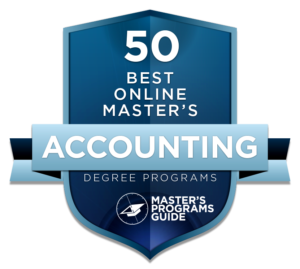

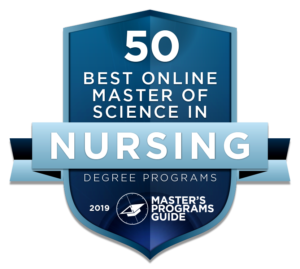


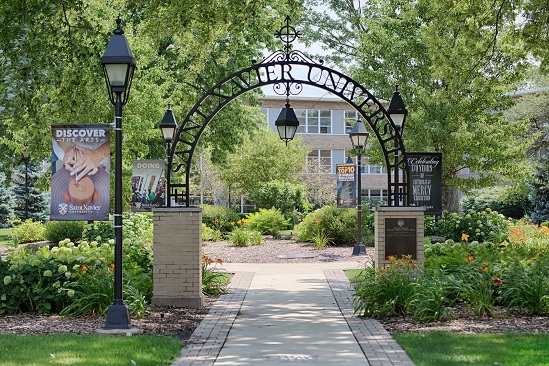
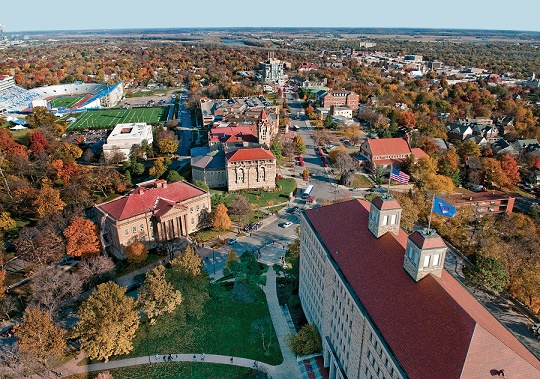

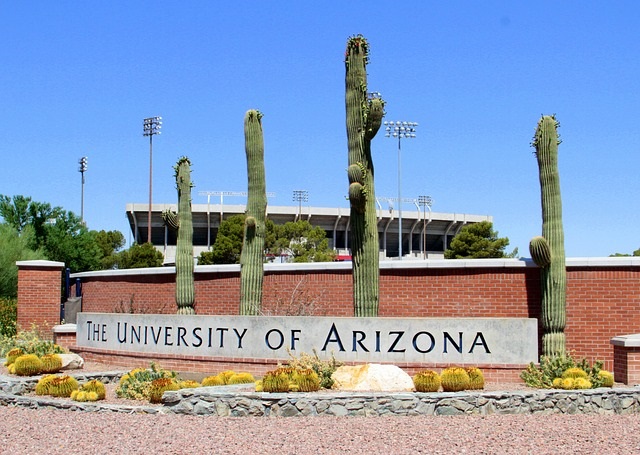




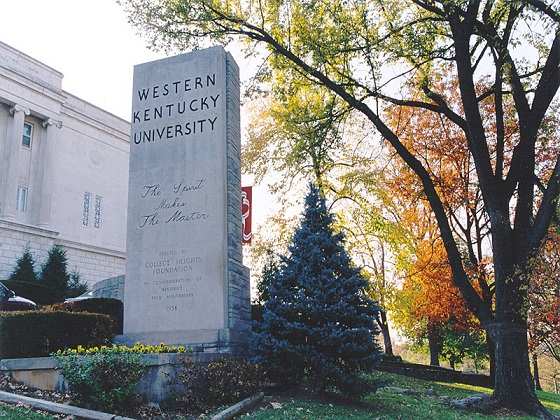
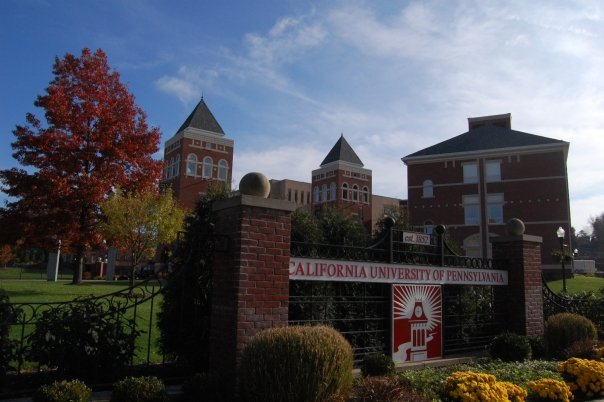

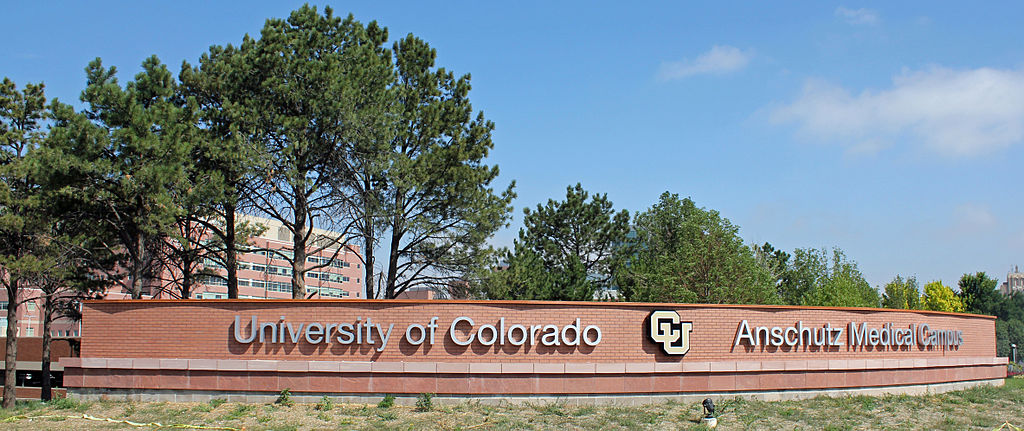





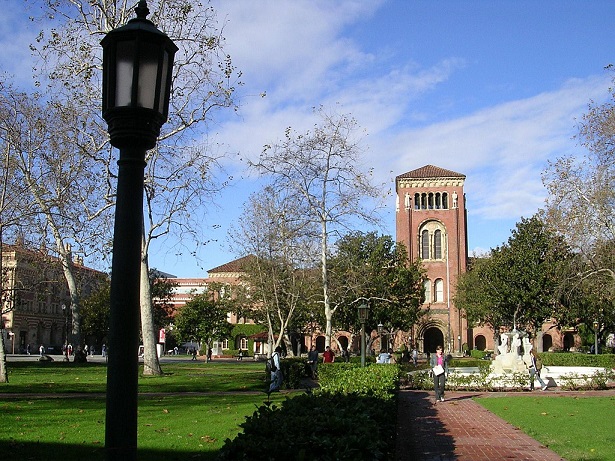


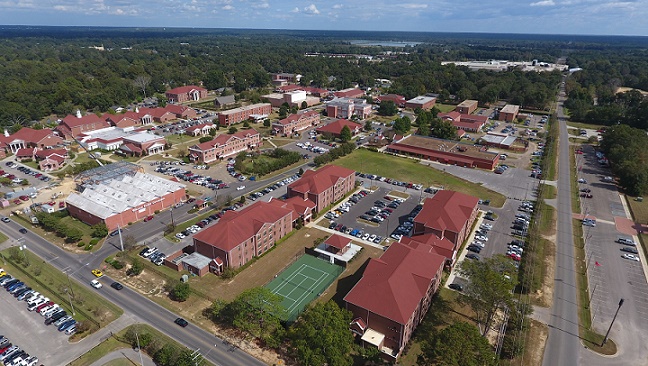
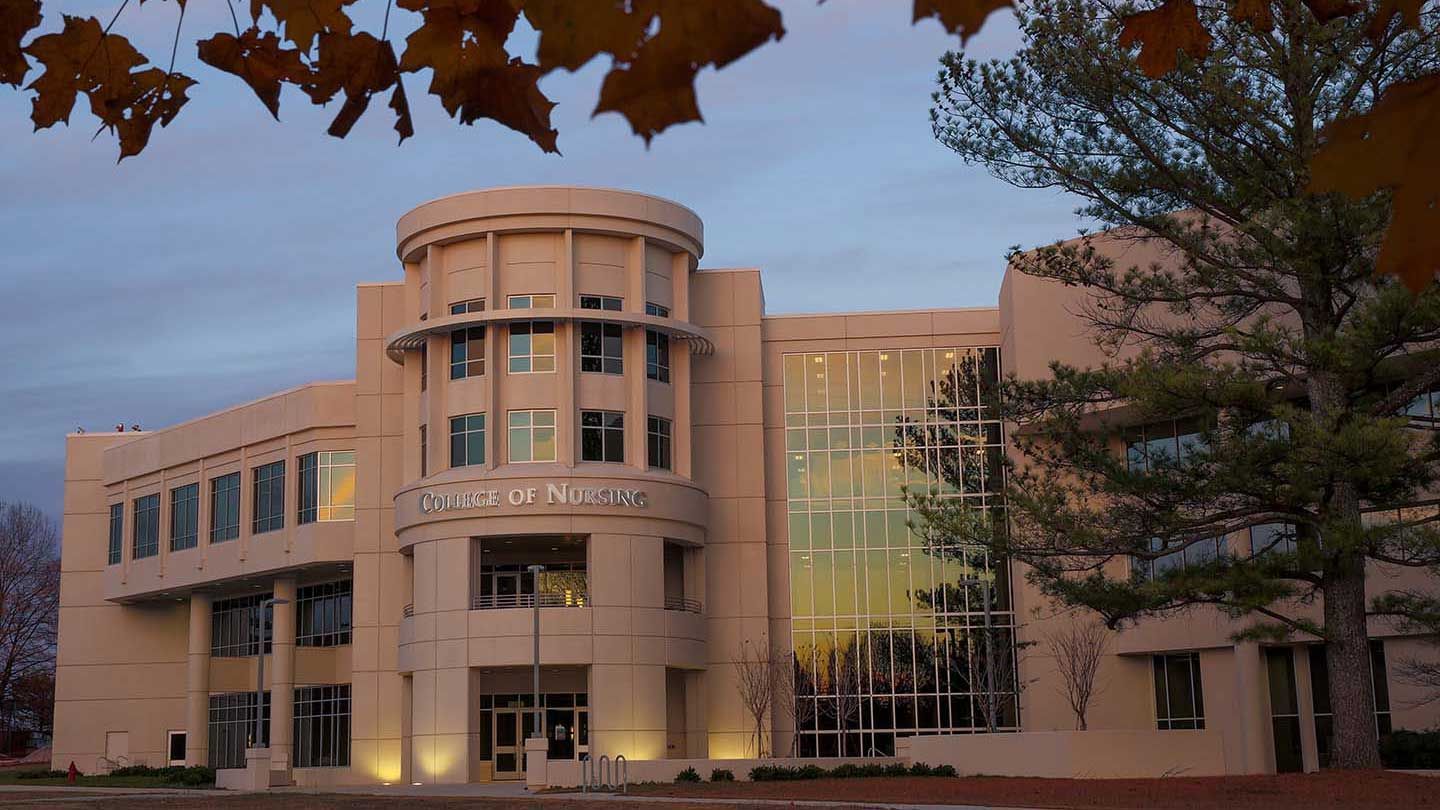


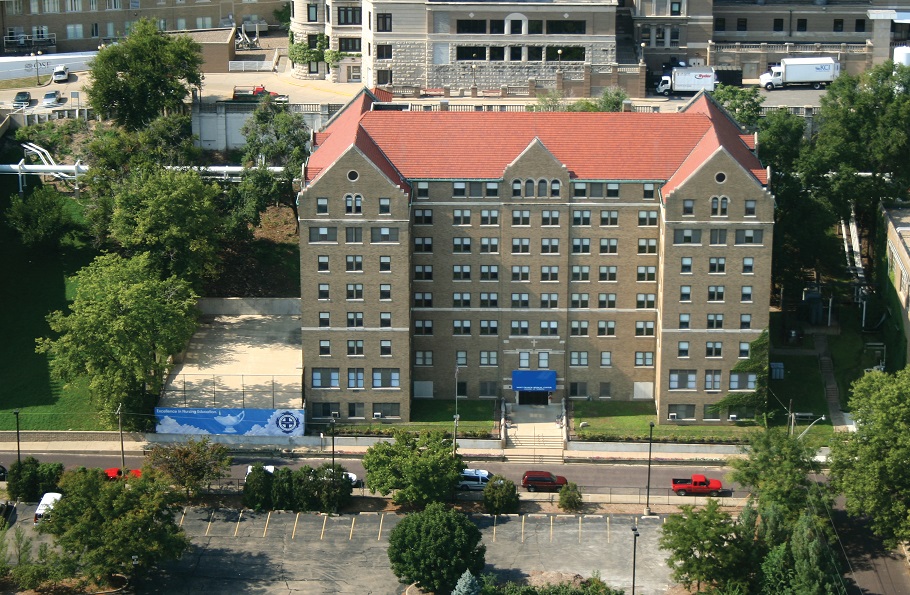


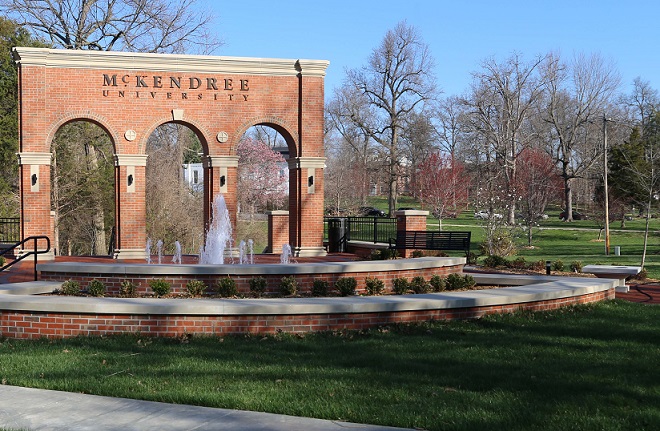
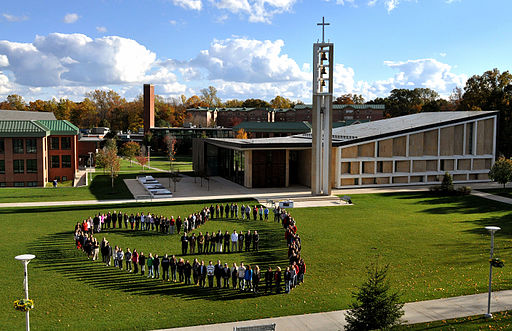
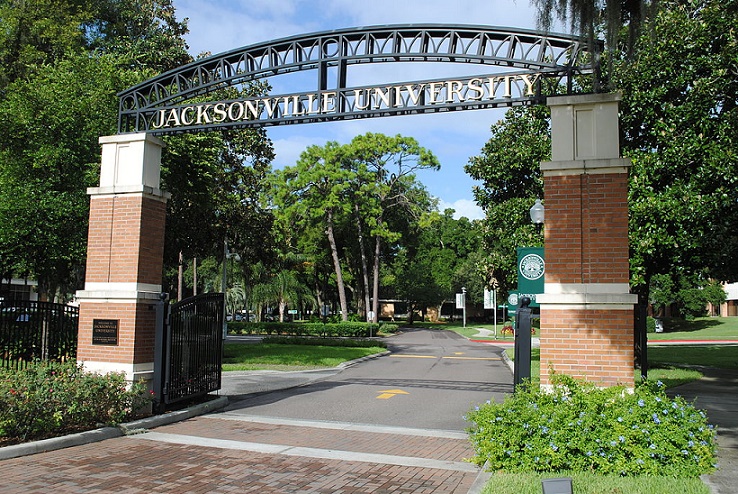

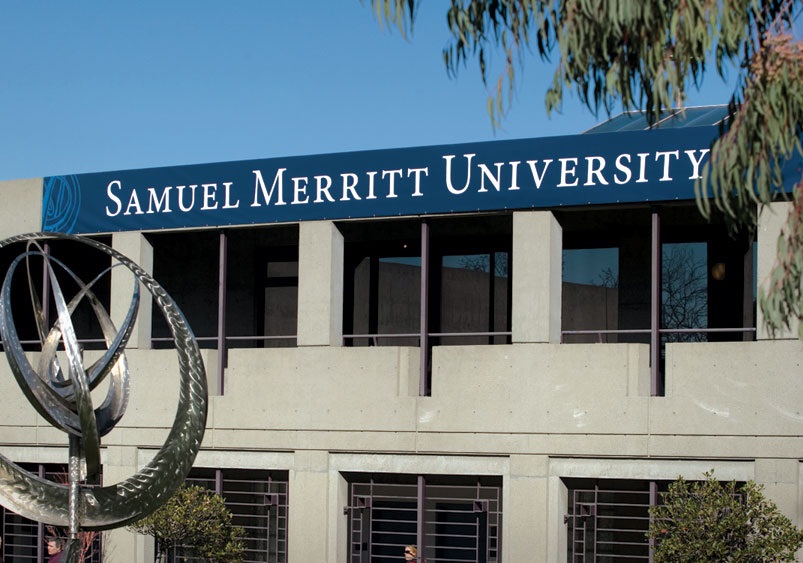
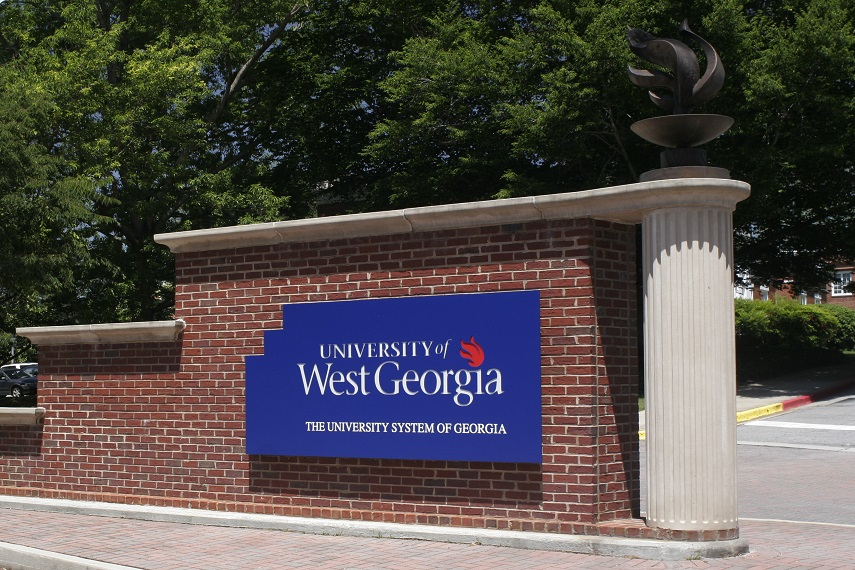





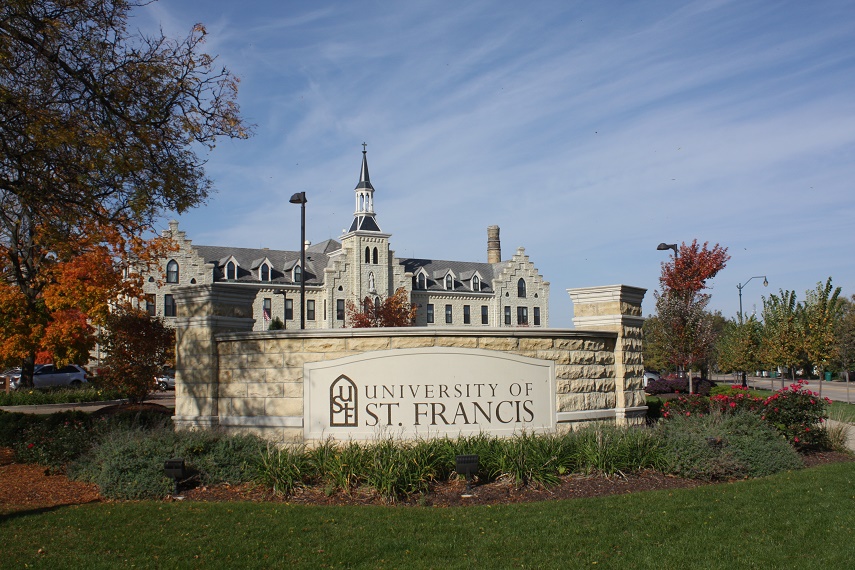




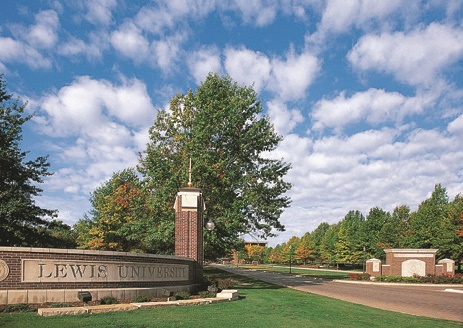


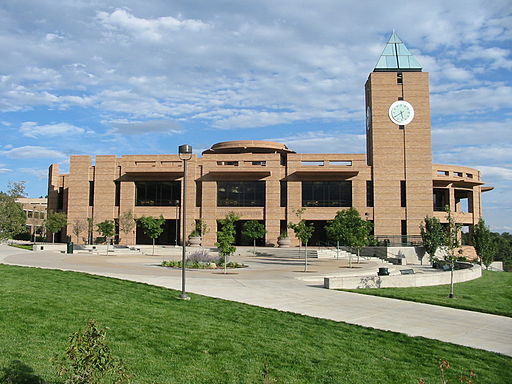

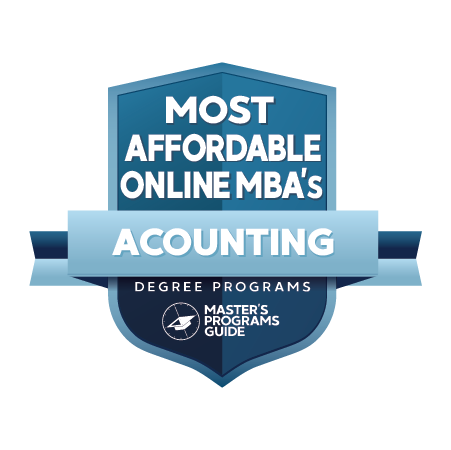










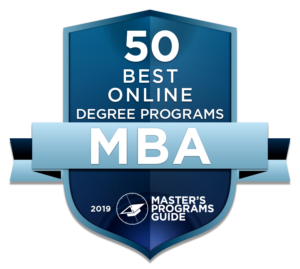 The online Master of Business Administration (MBA) is the
The online Master of Business Administration (MBA) is the 
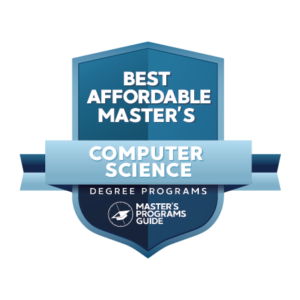
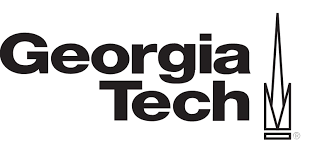
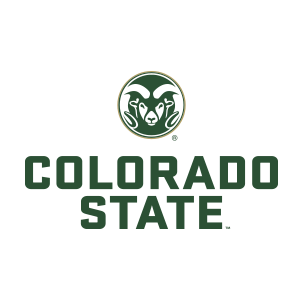
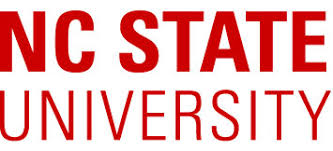
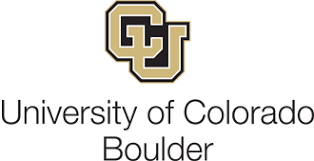
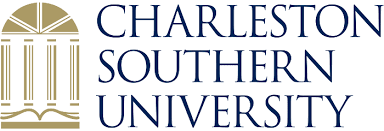
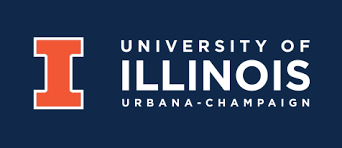

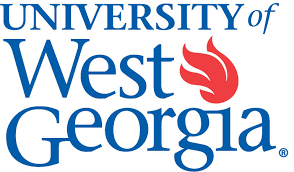
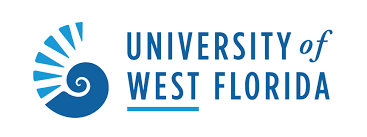

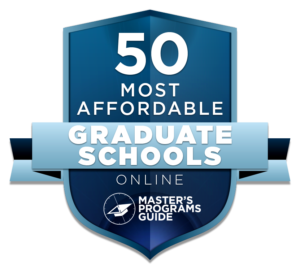
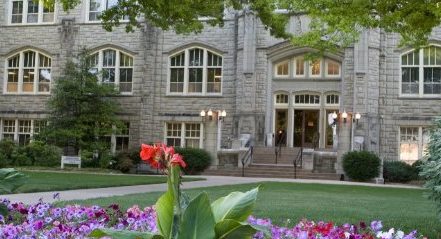


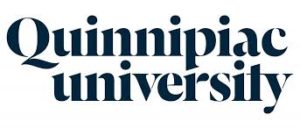

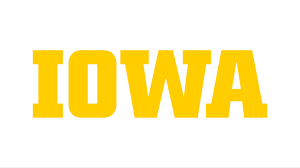
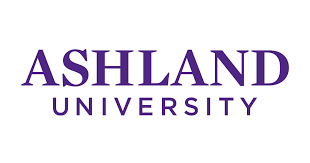

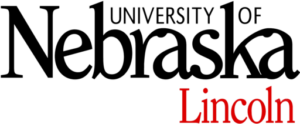

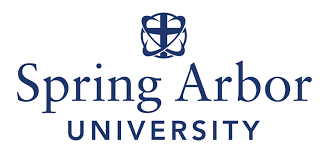
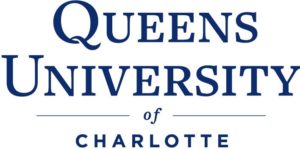
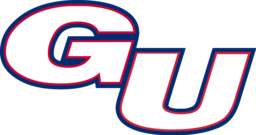
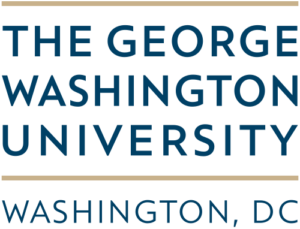

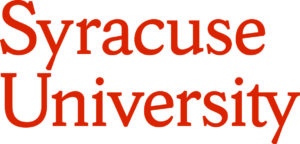
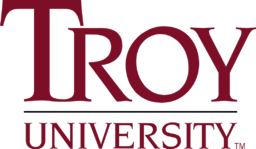 TROY Online
TROY Online